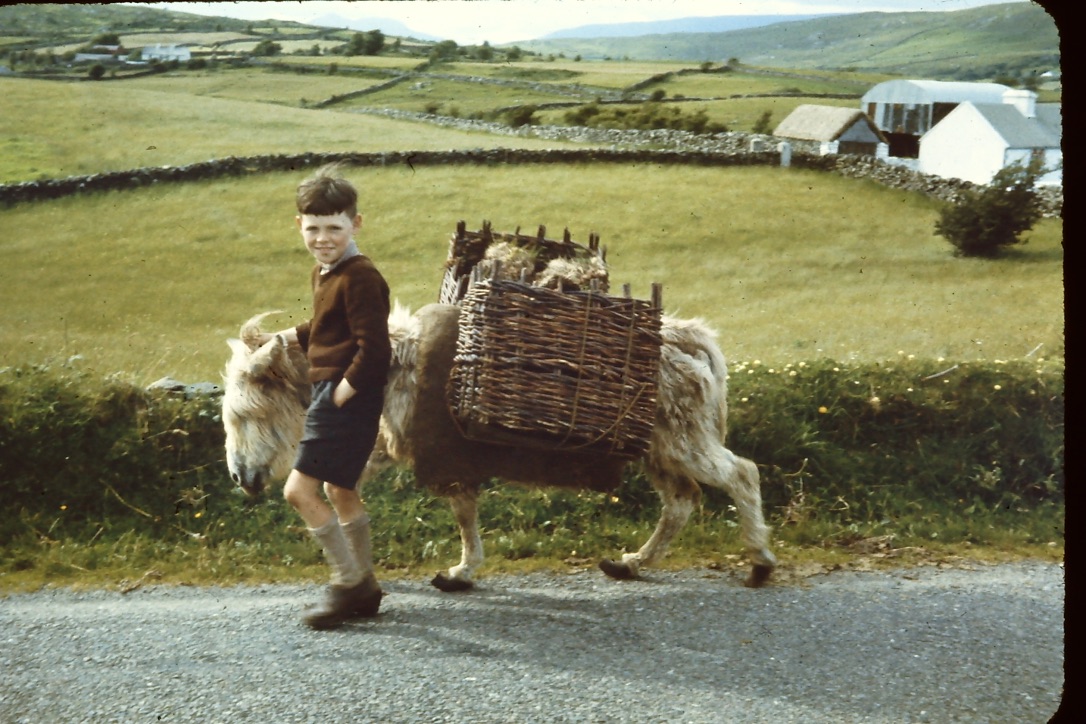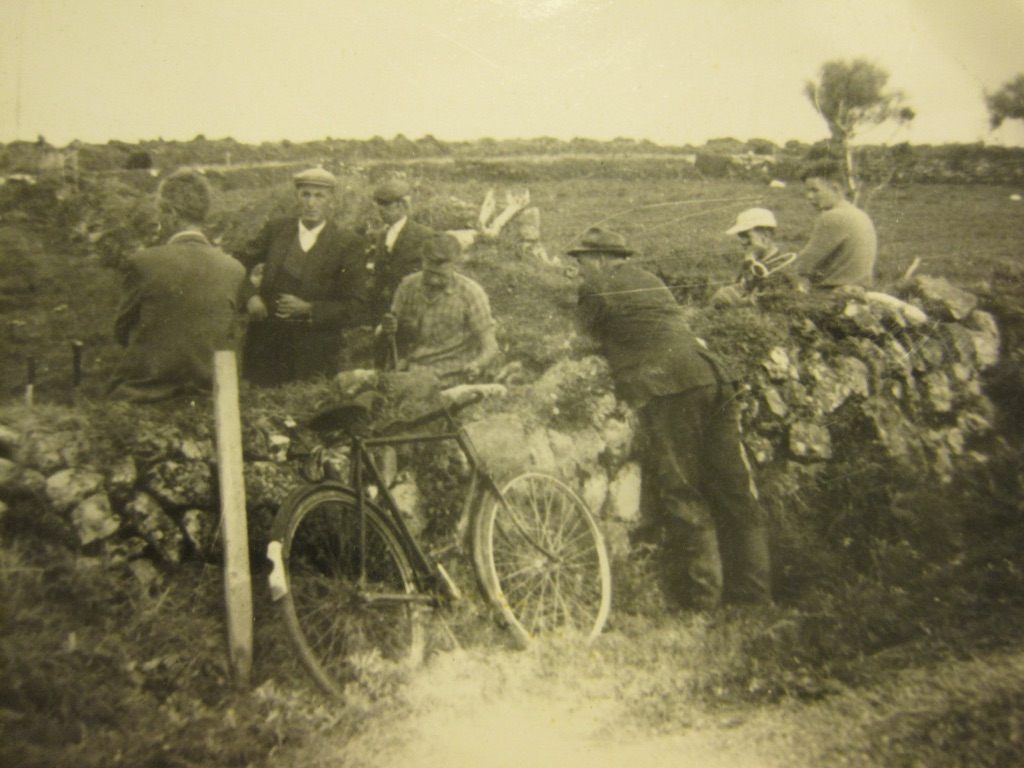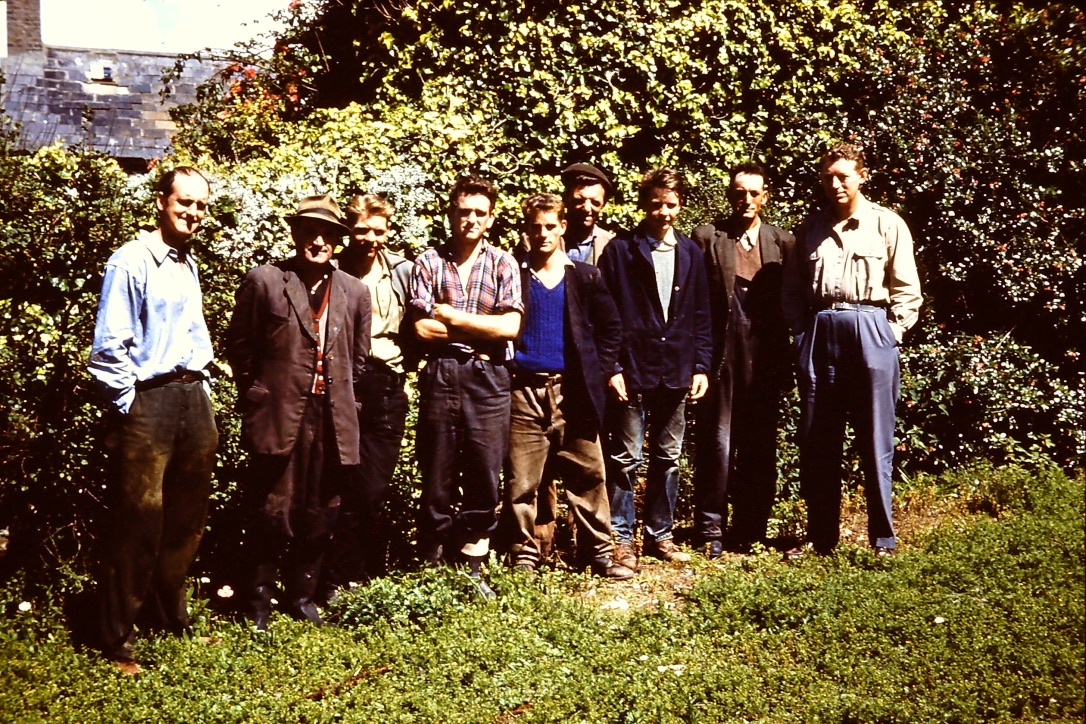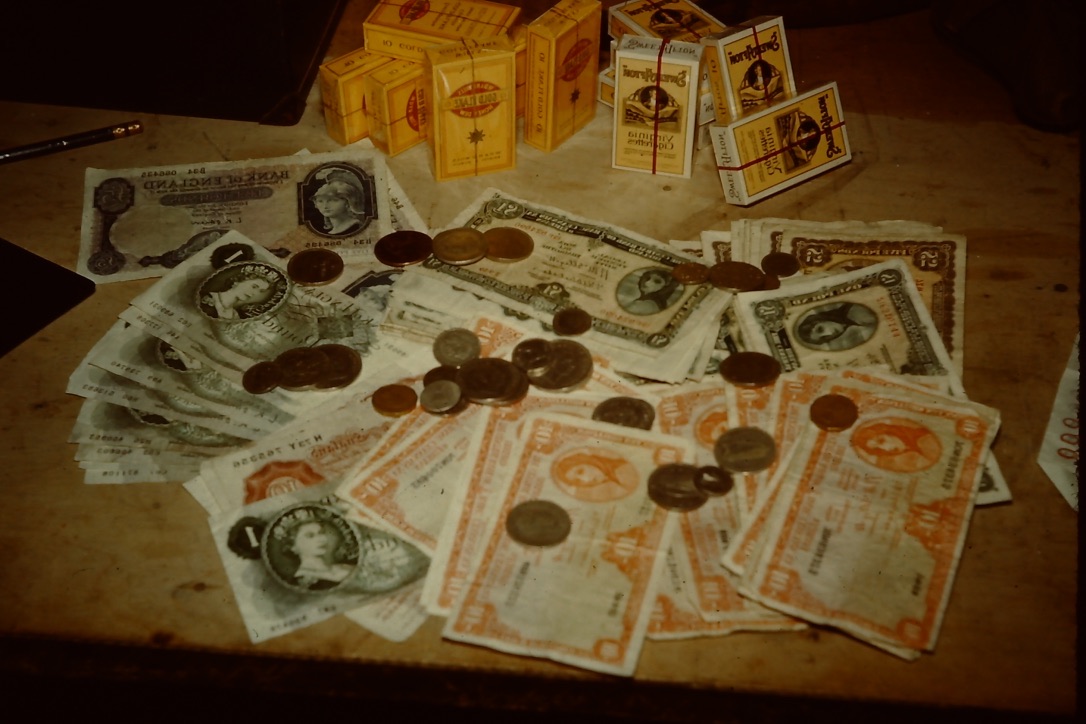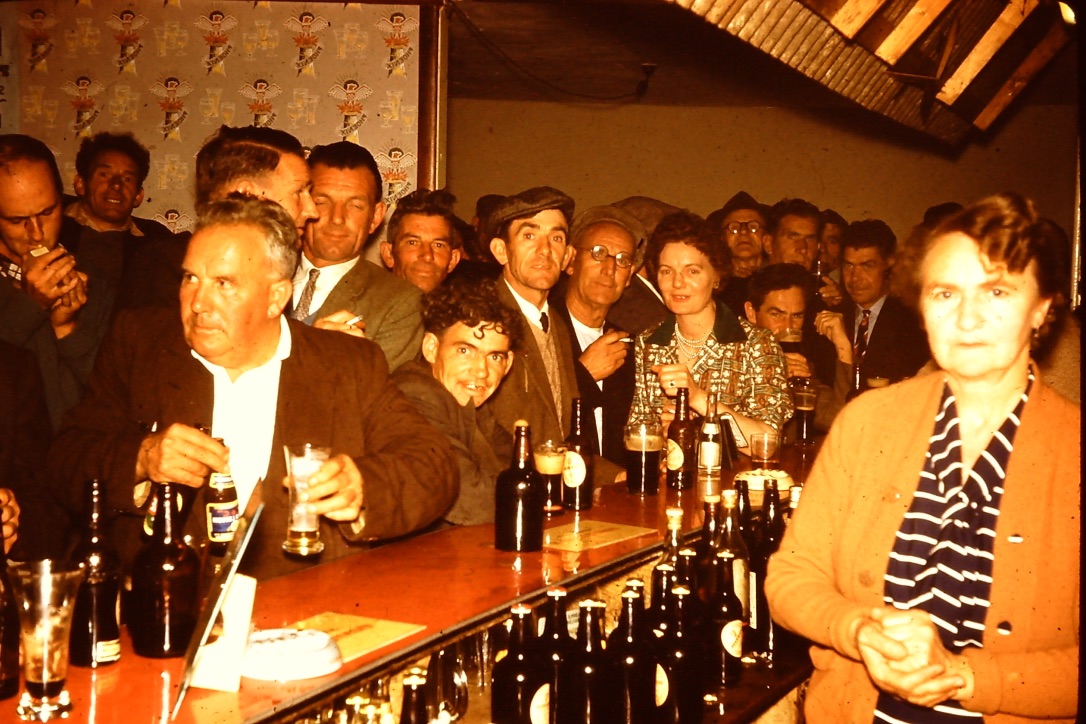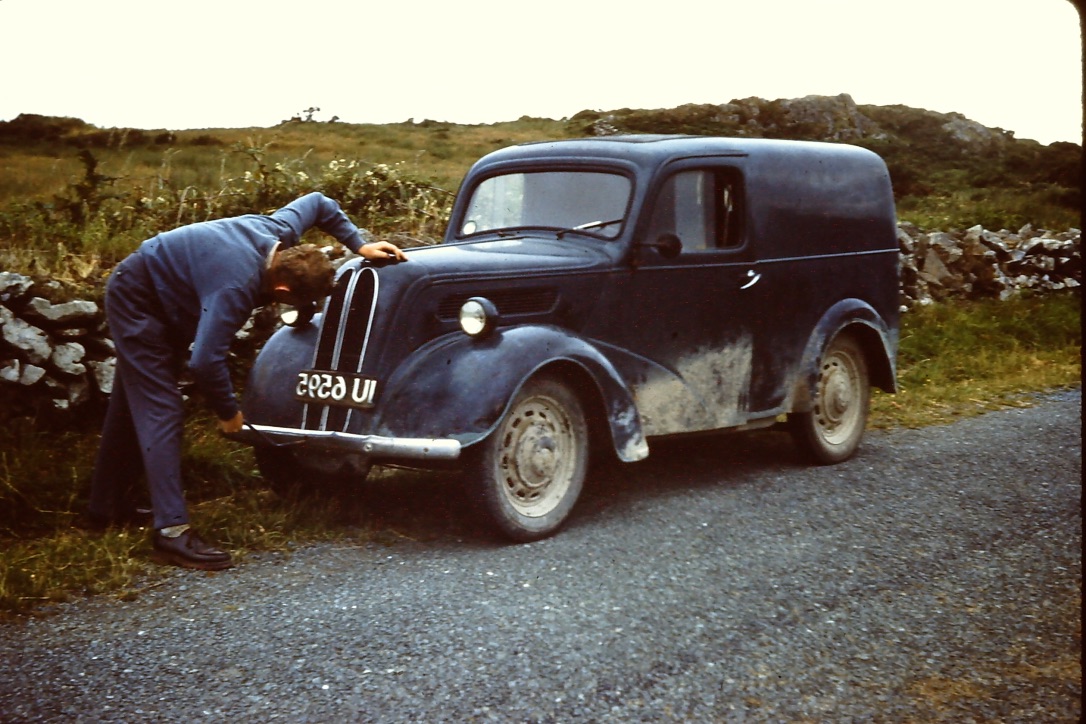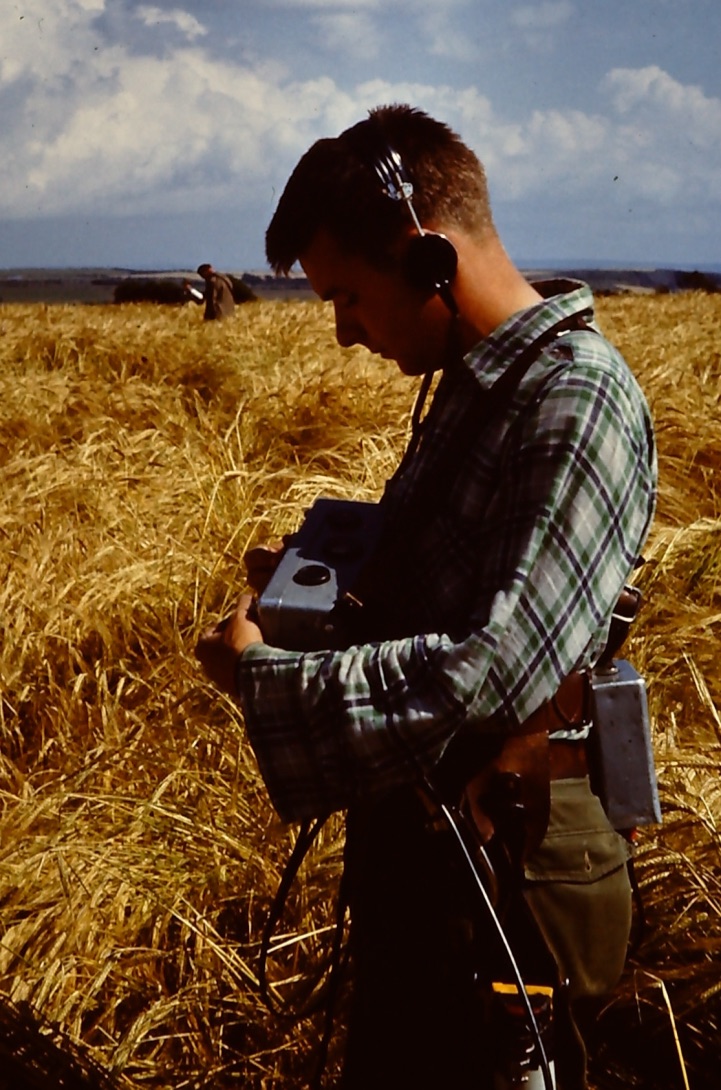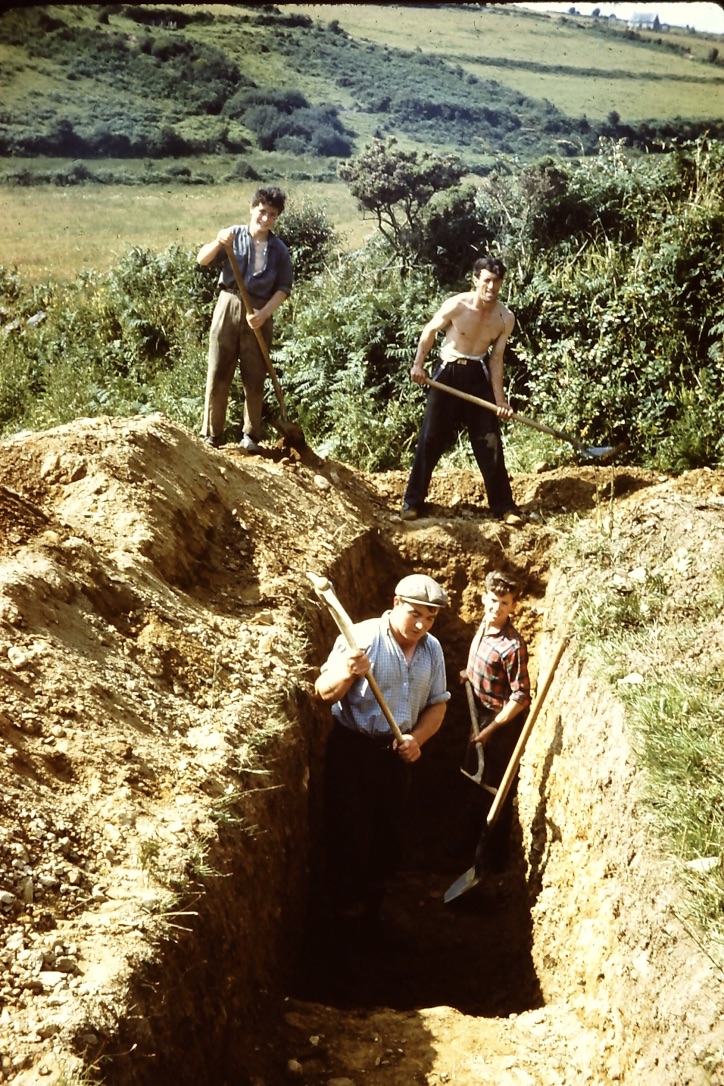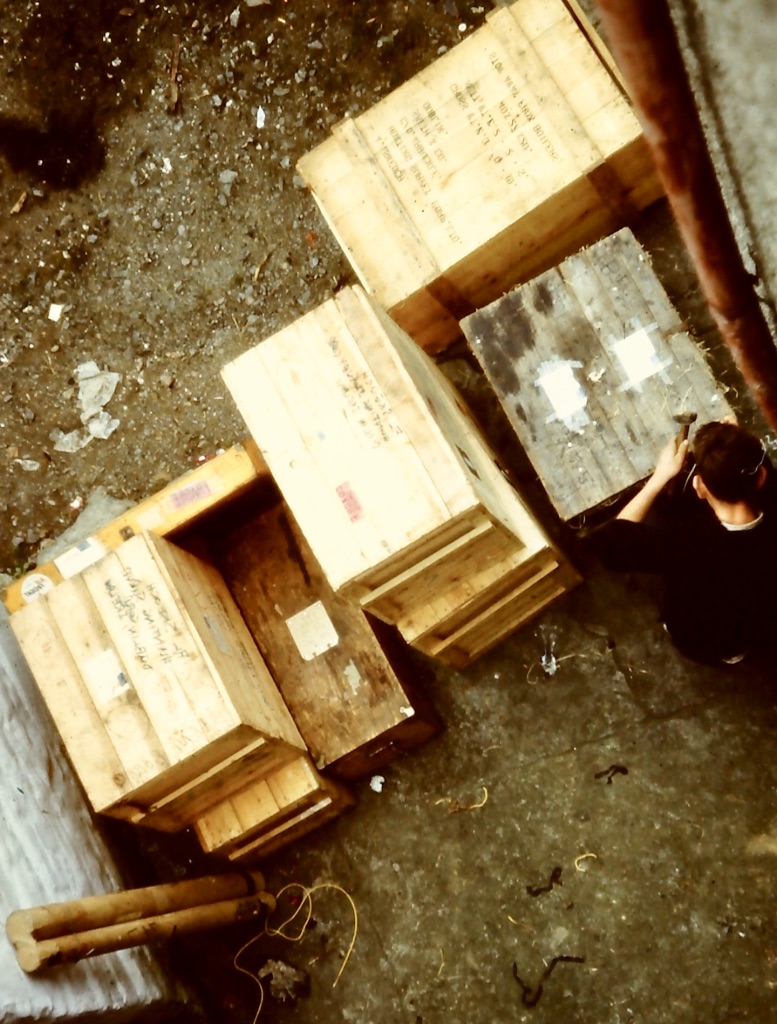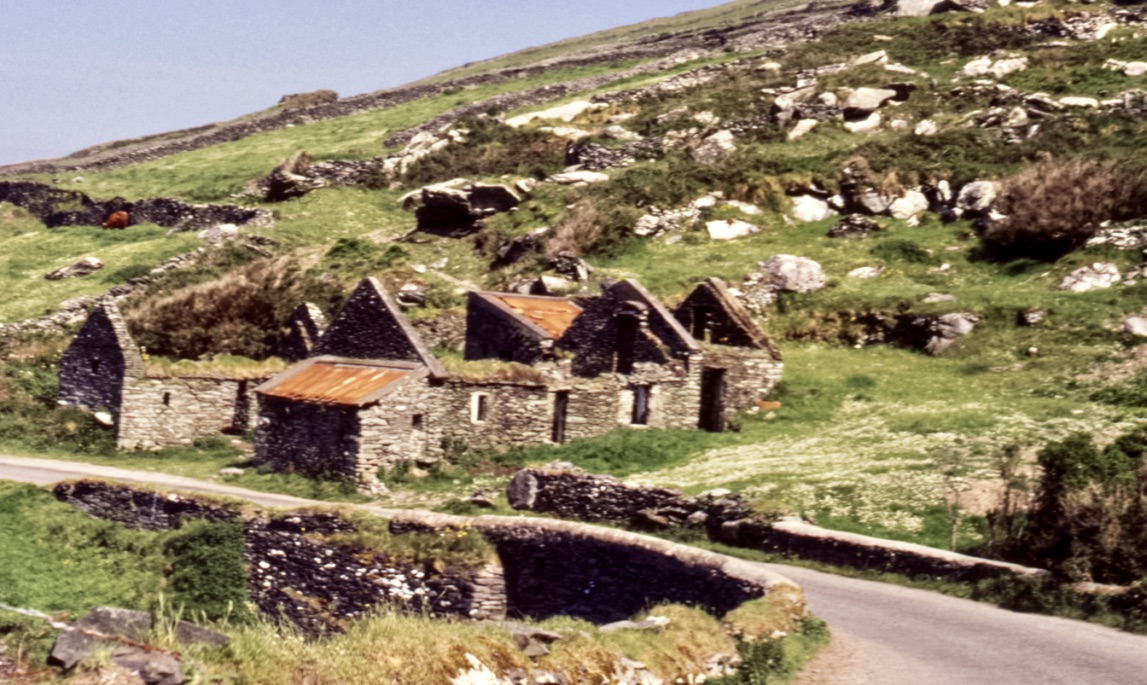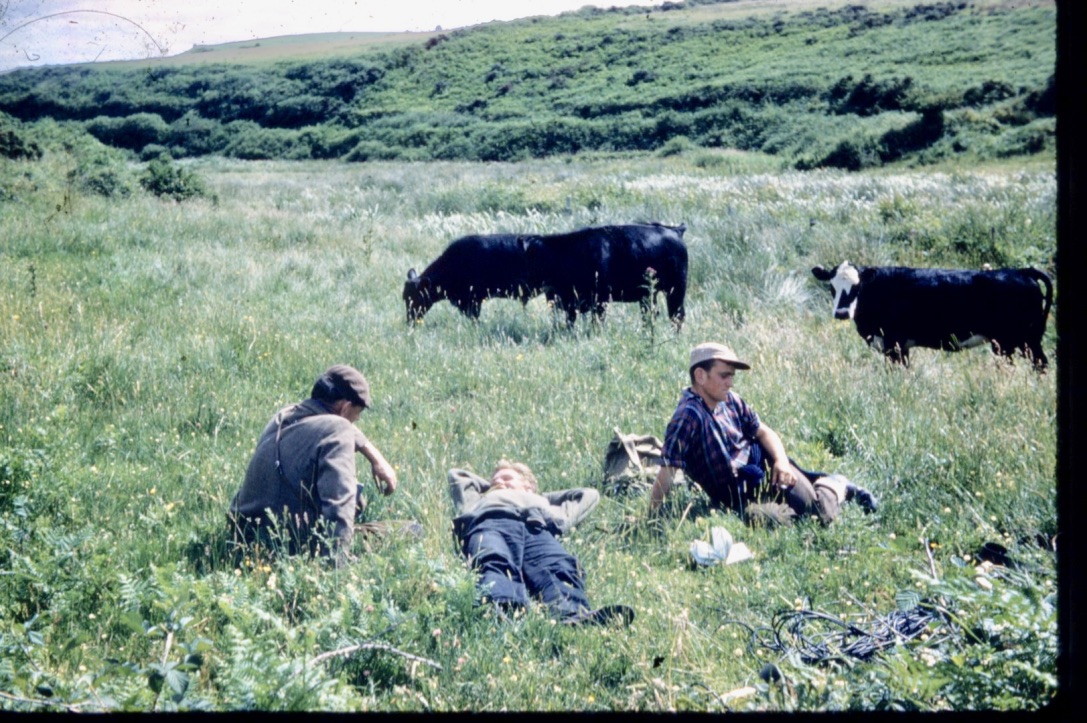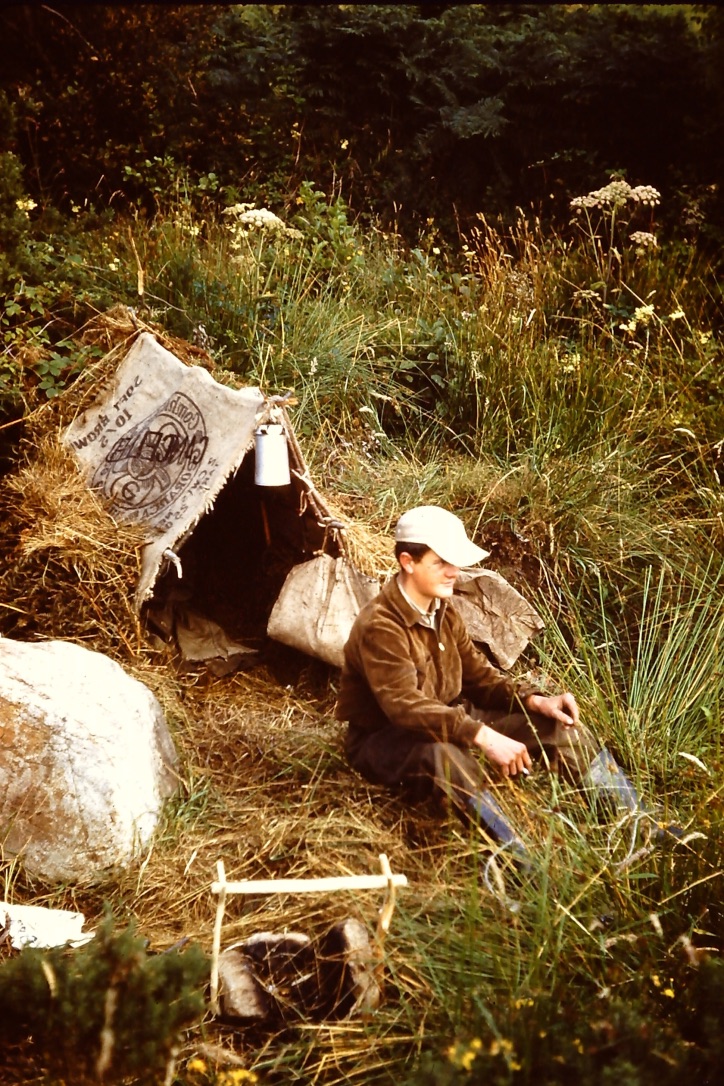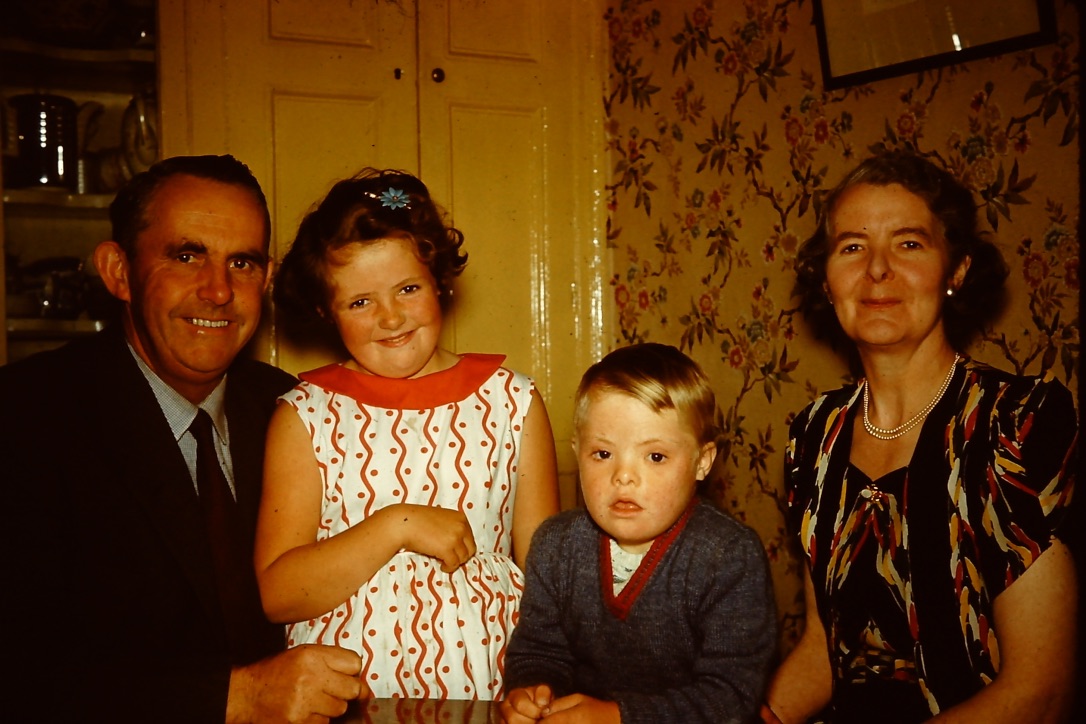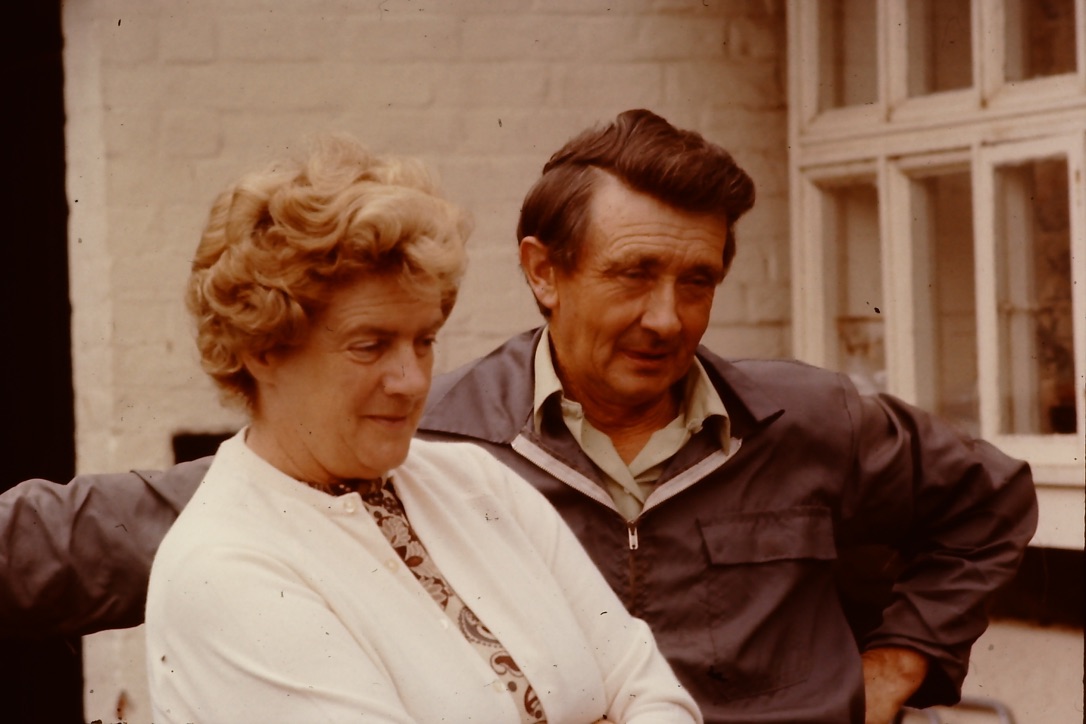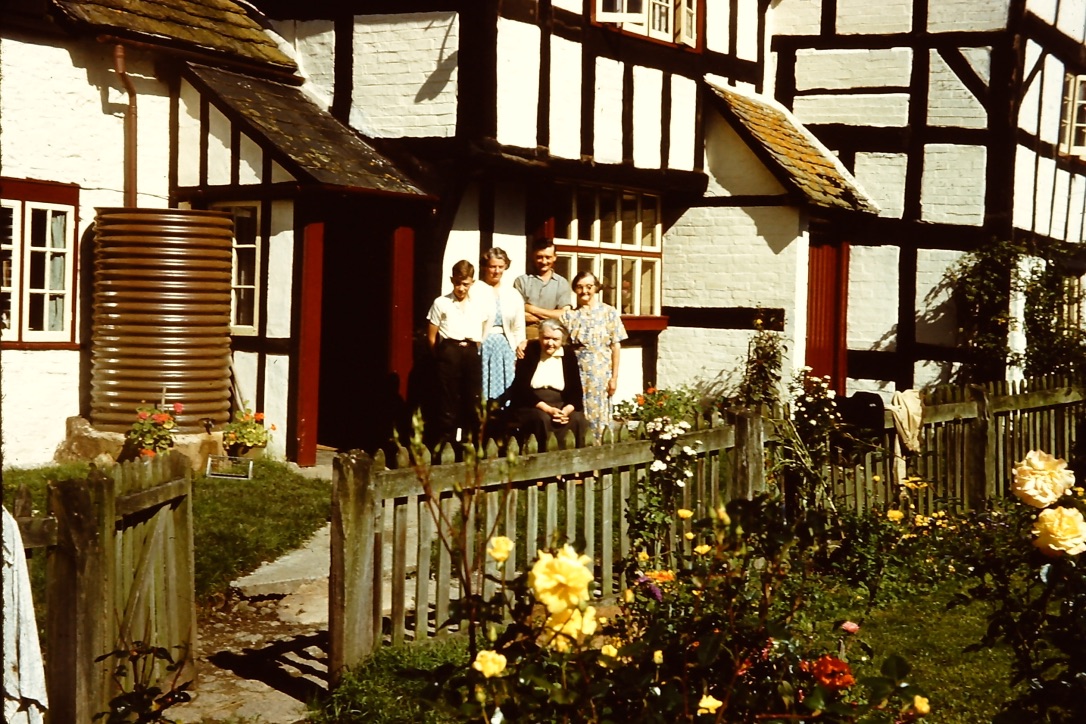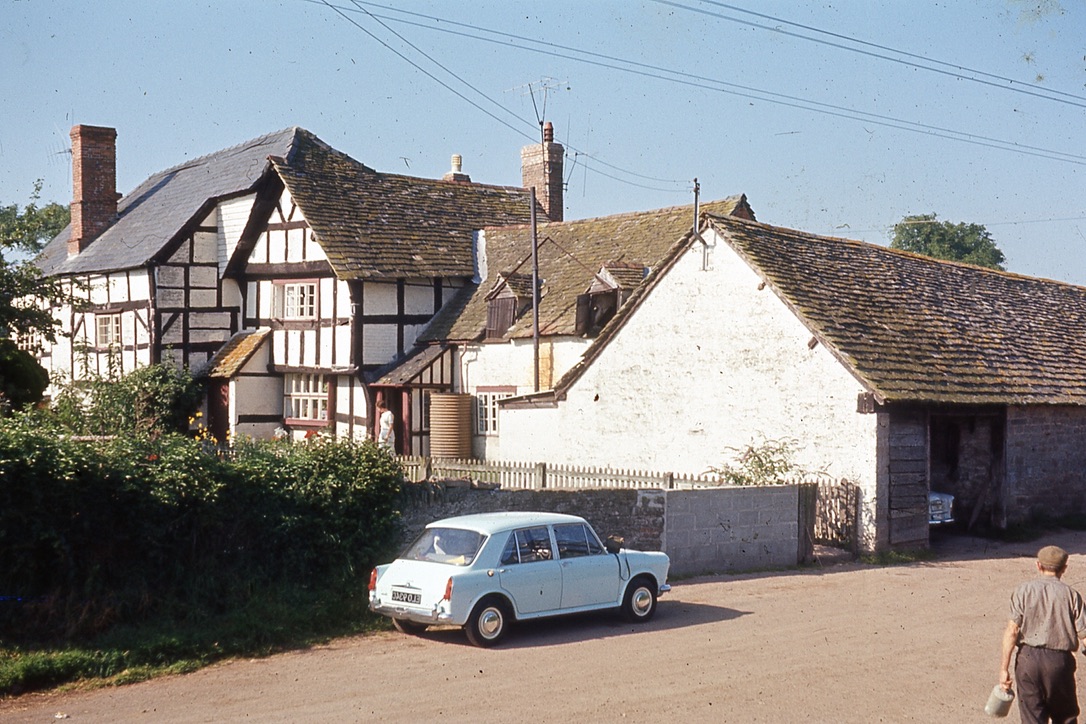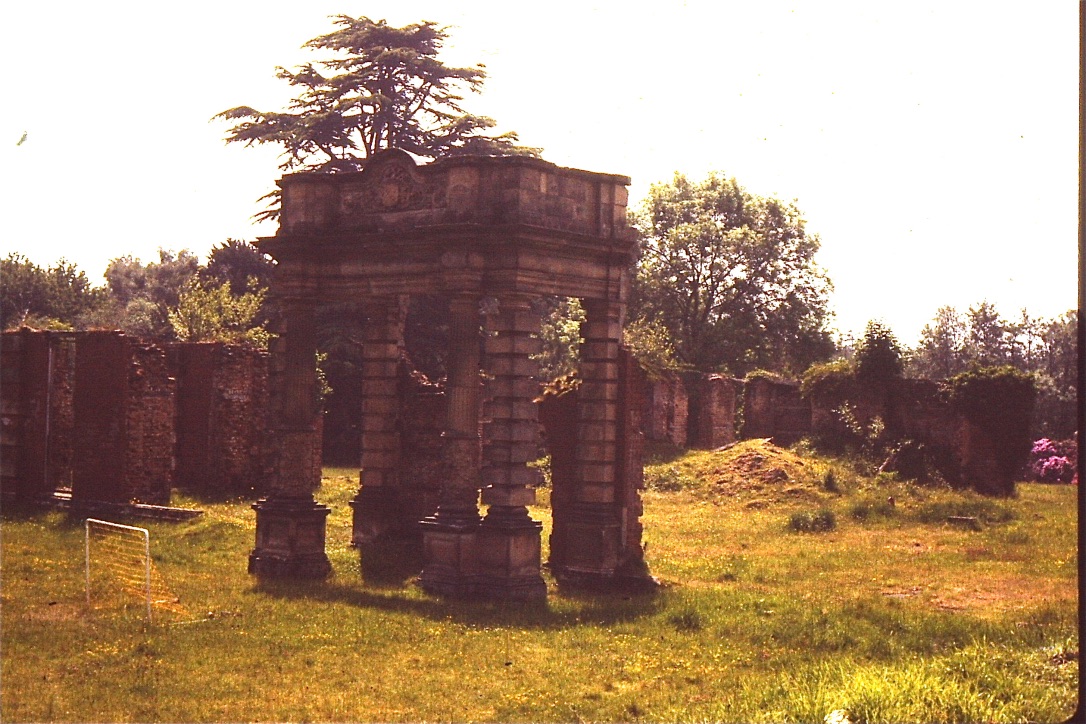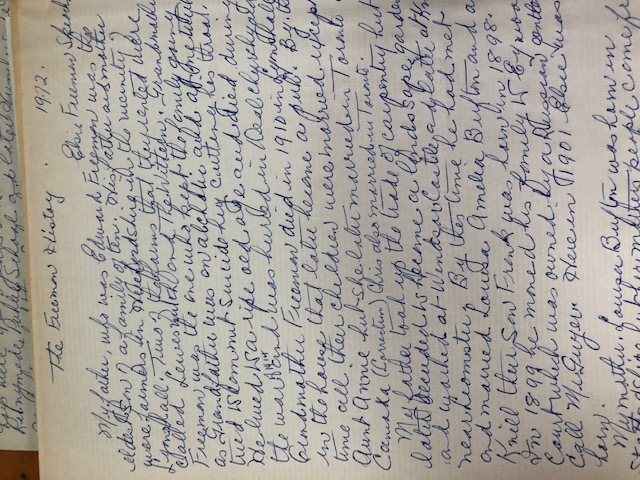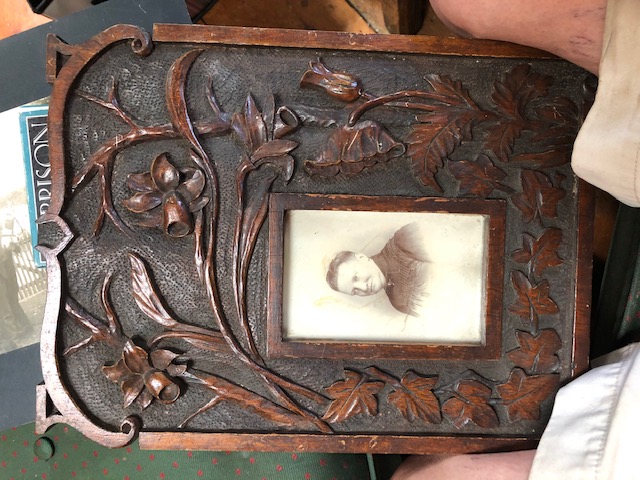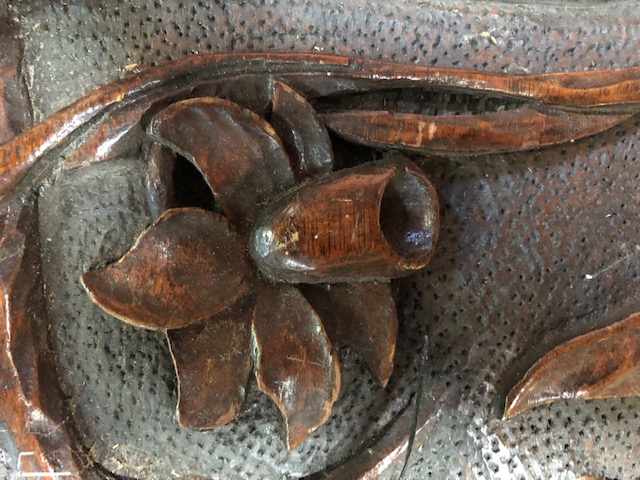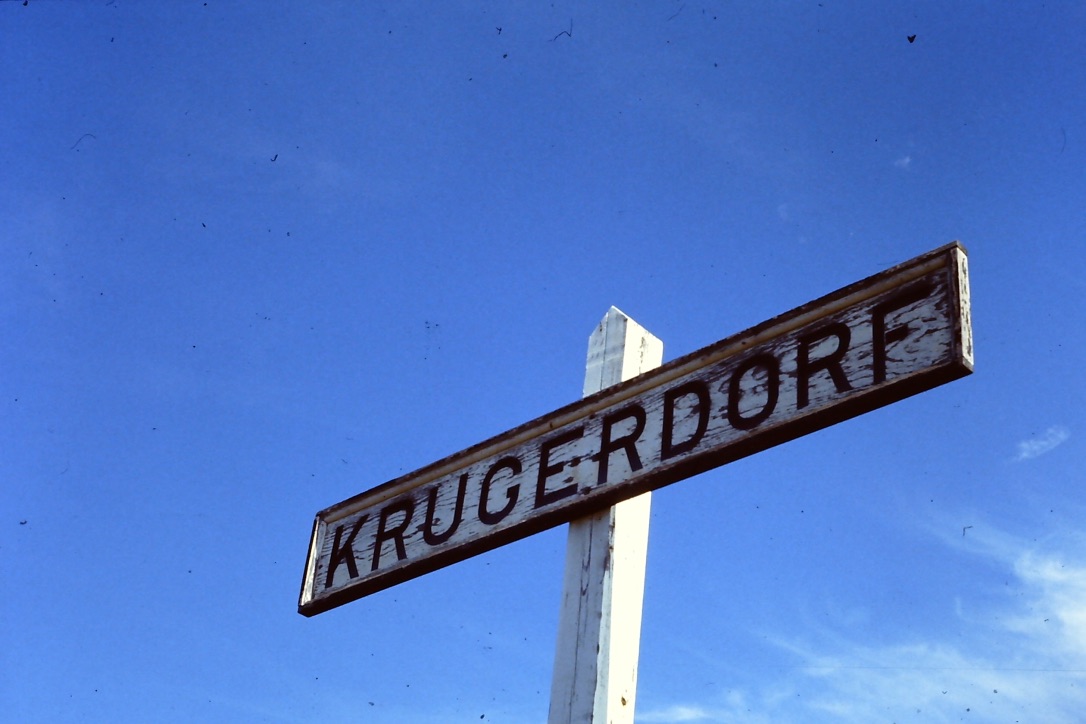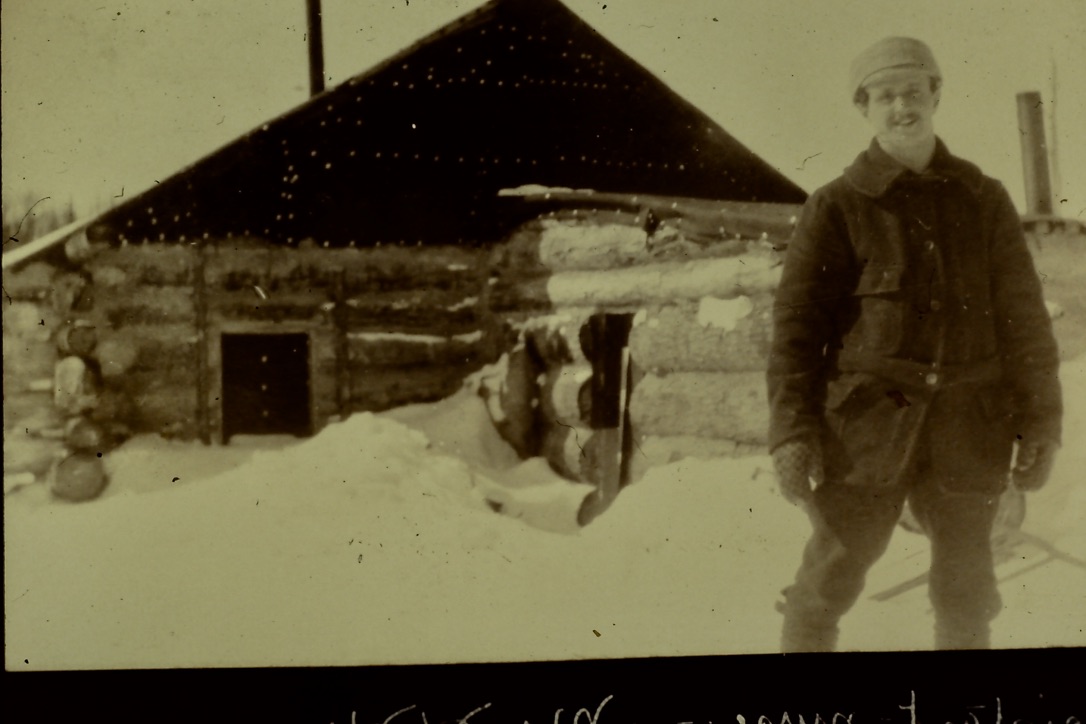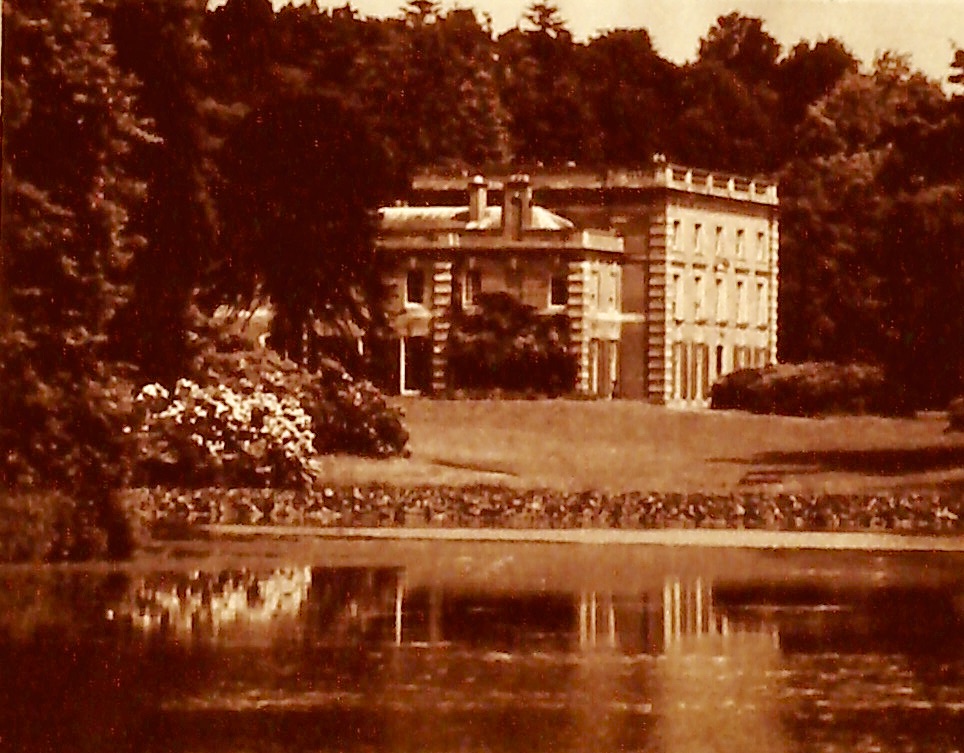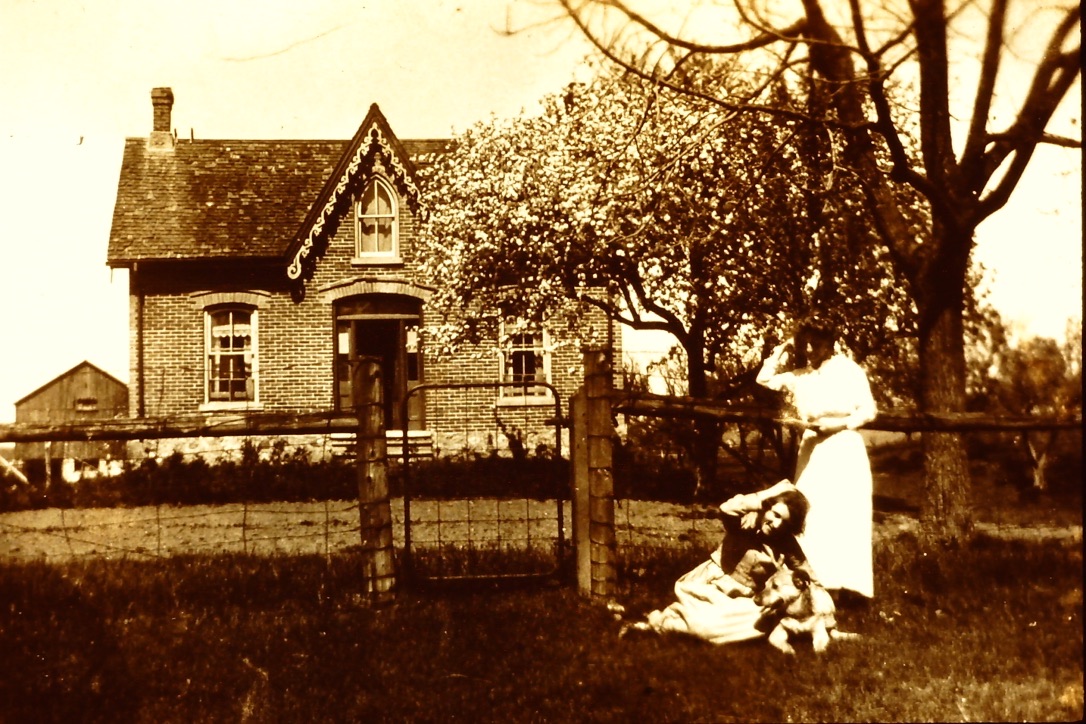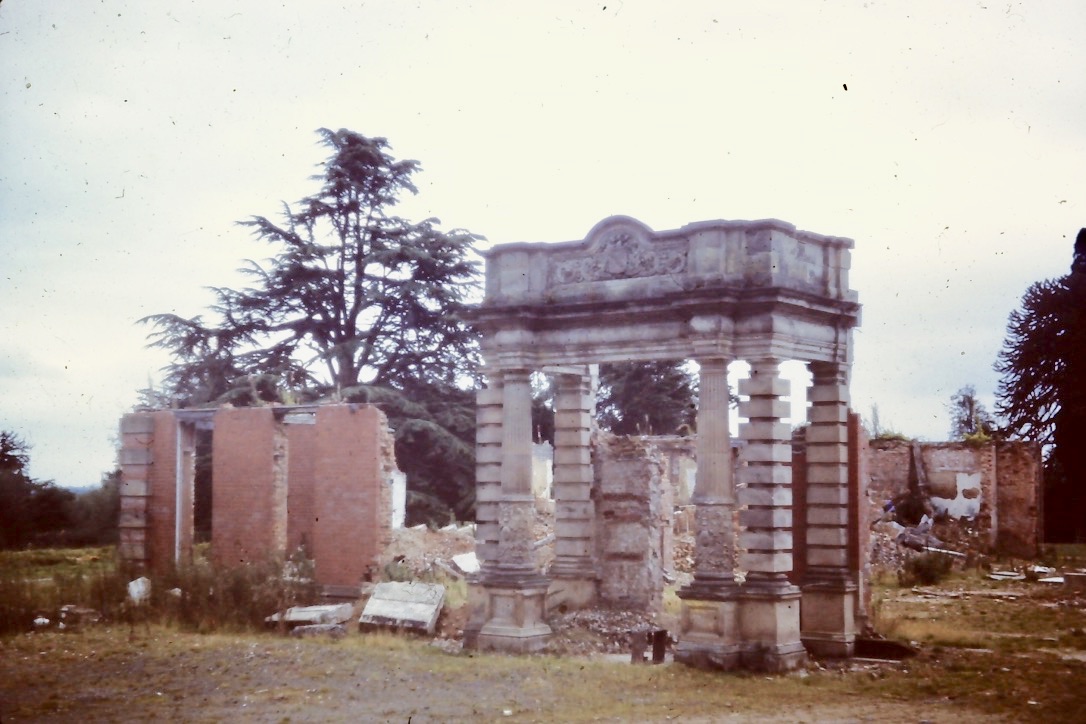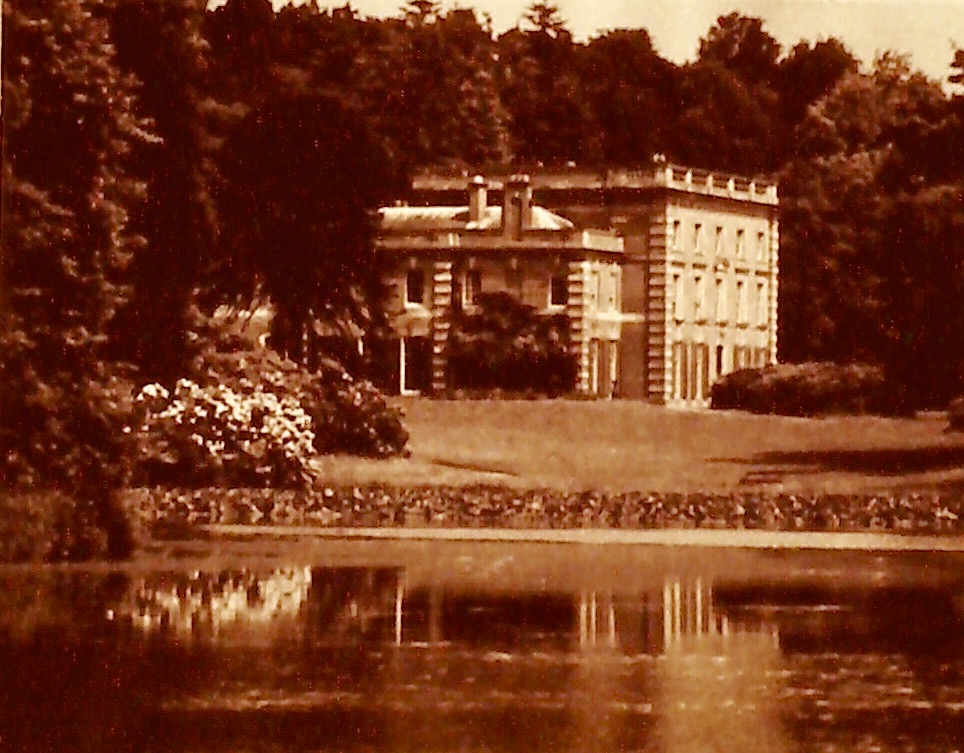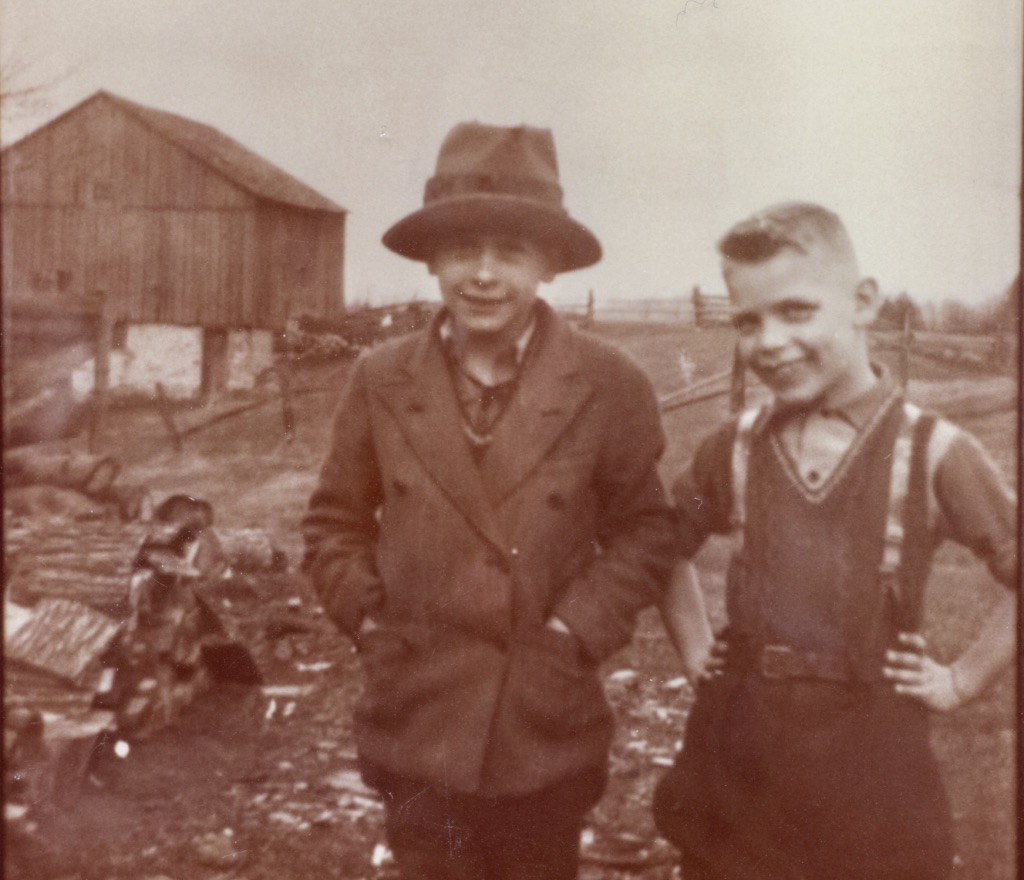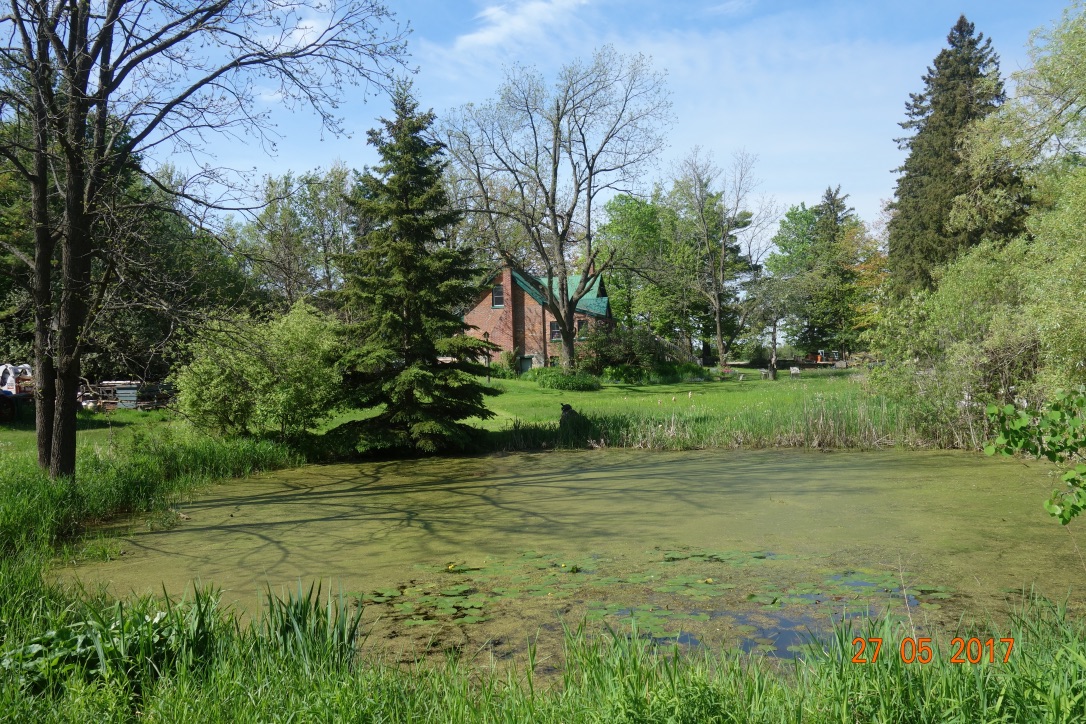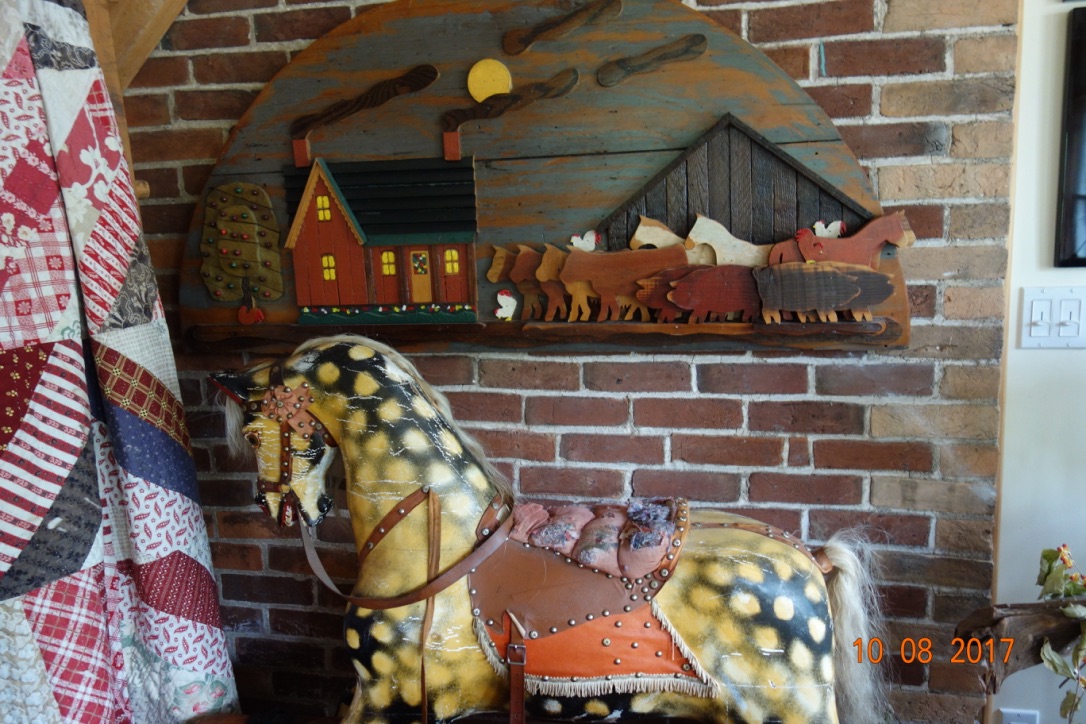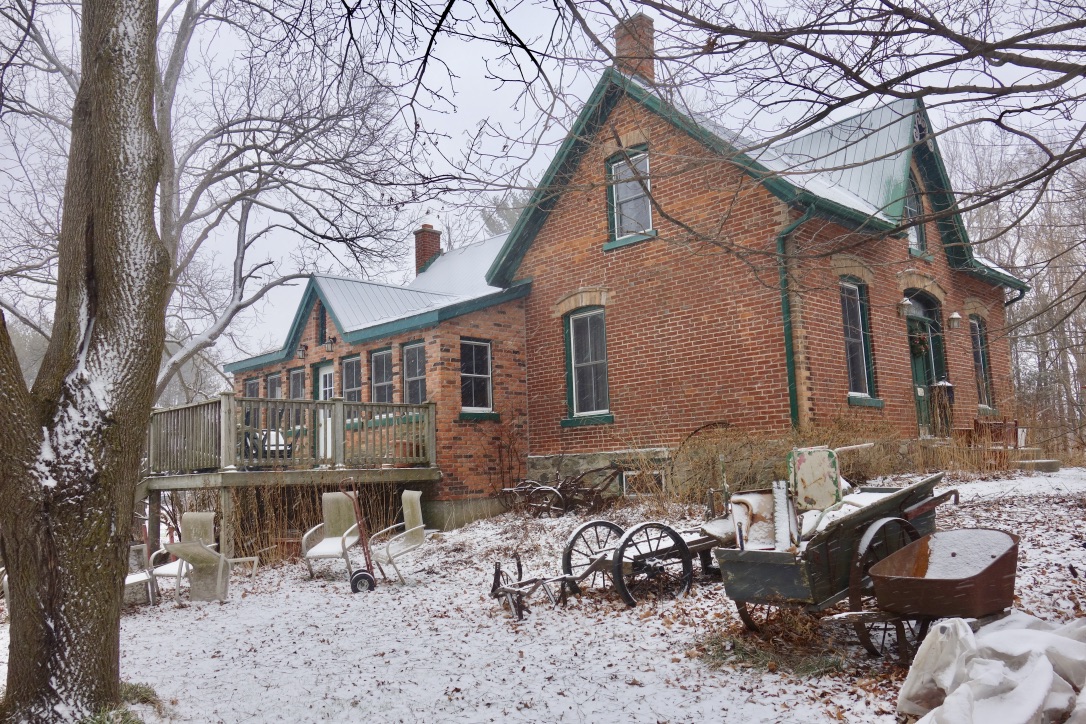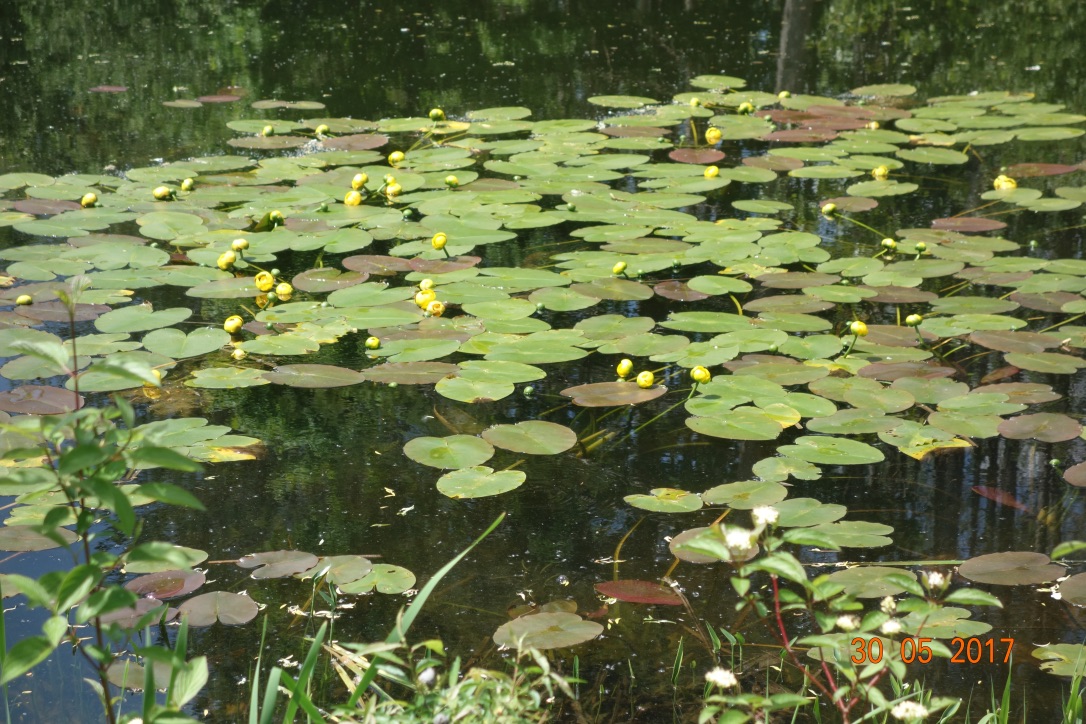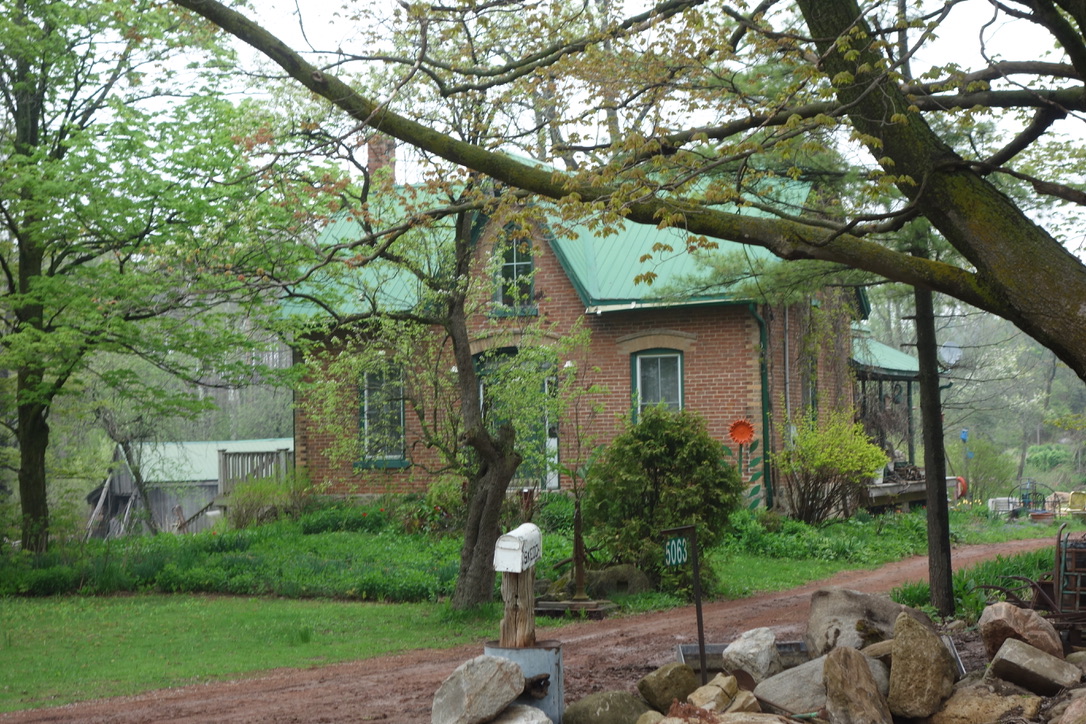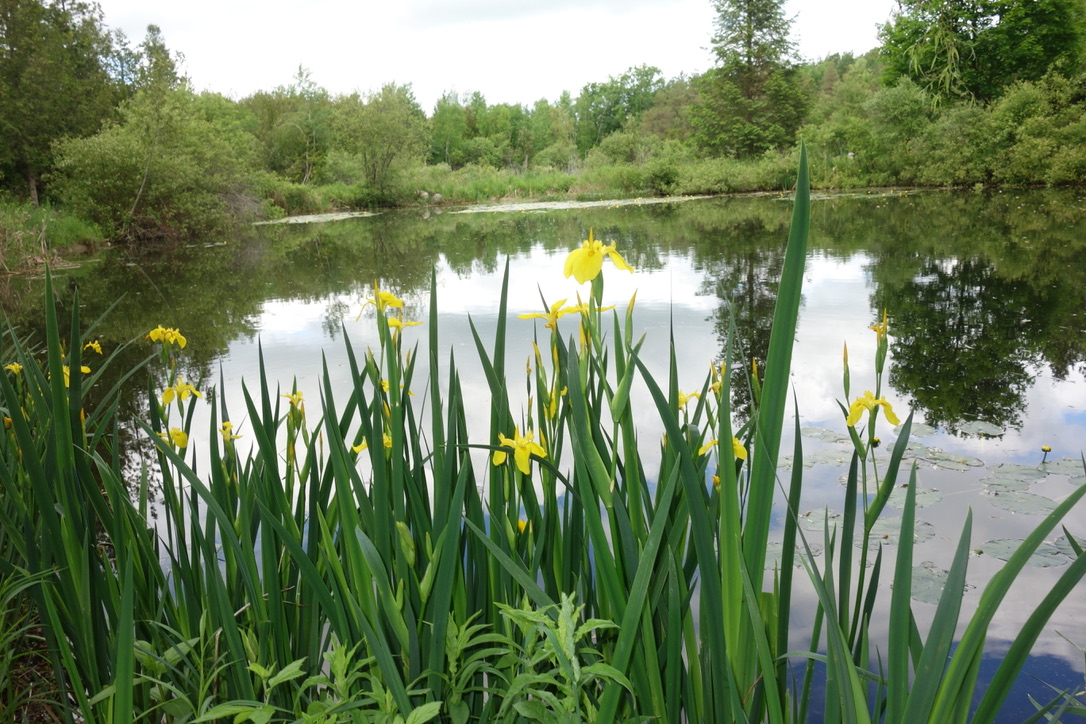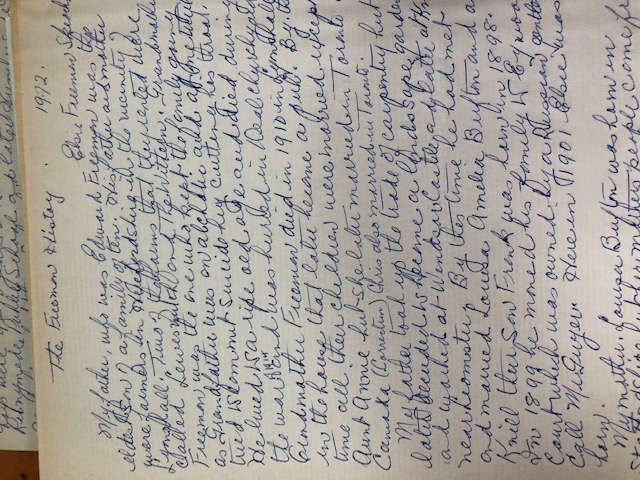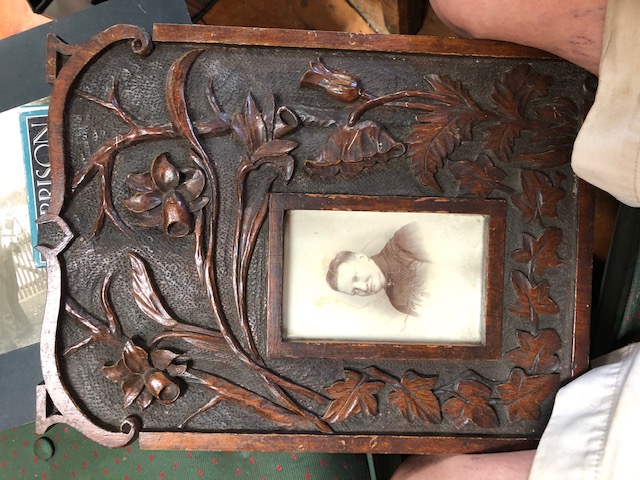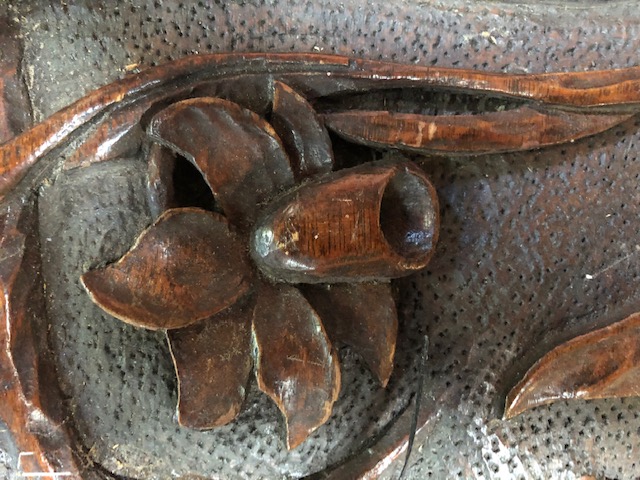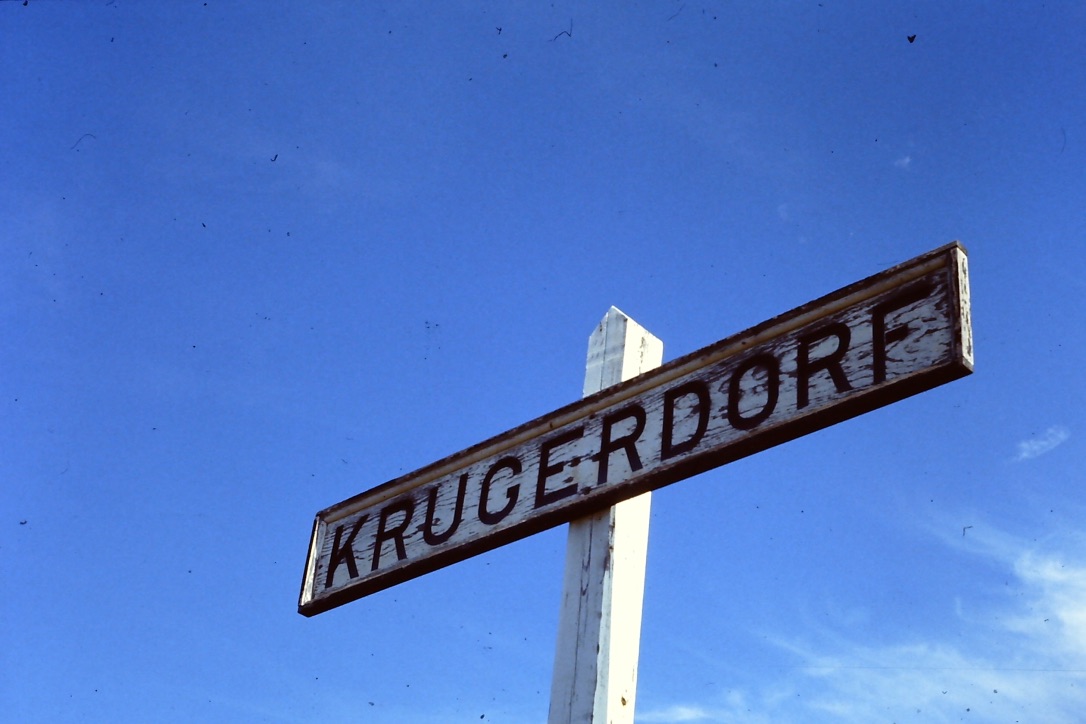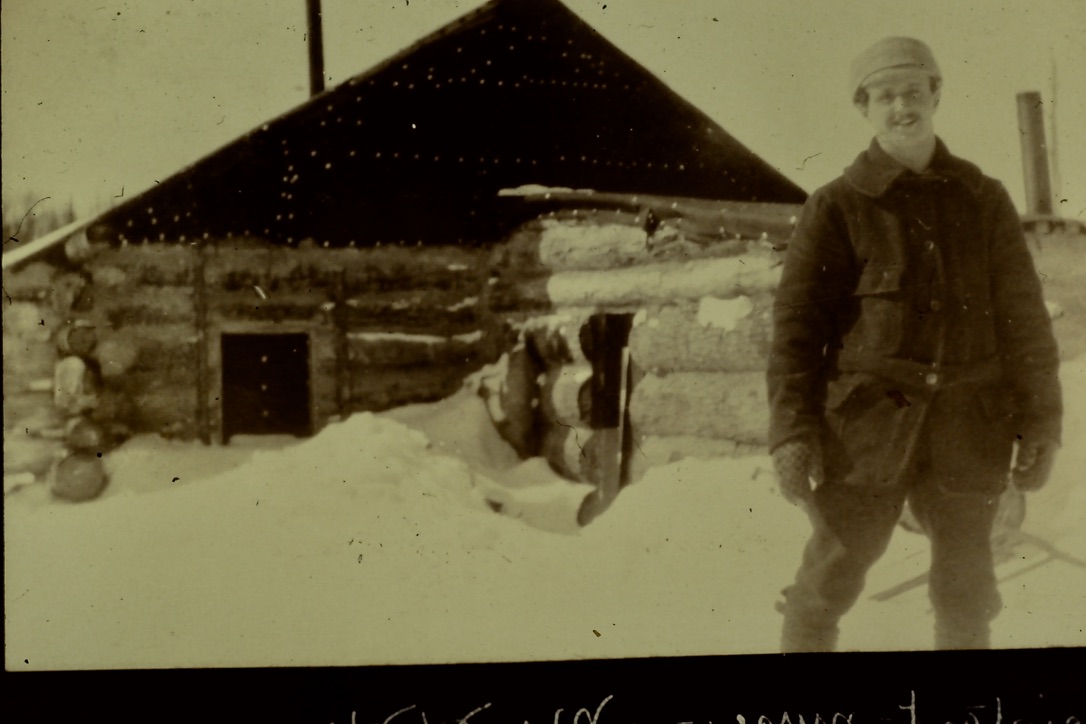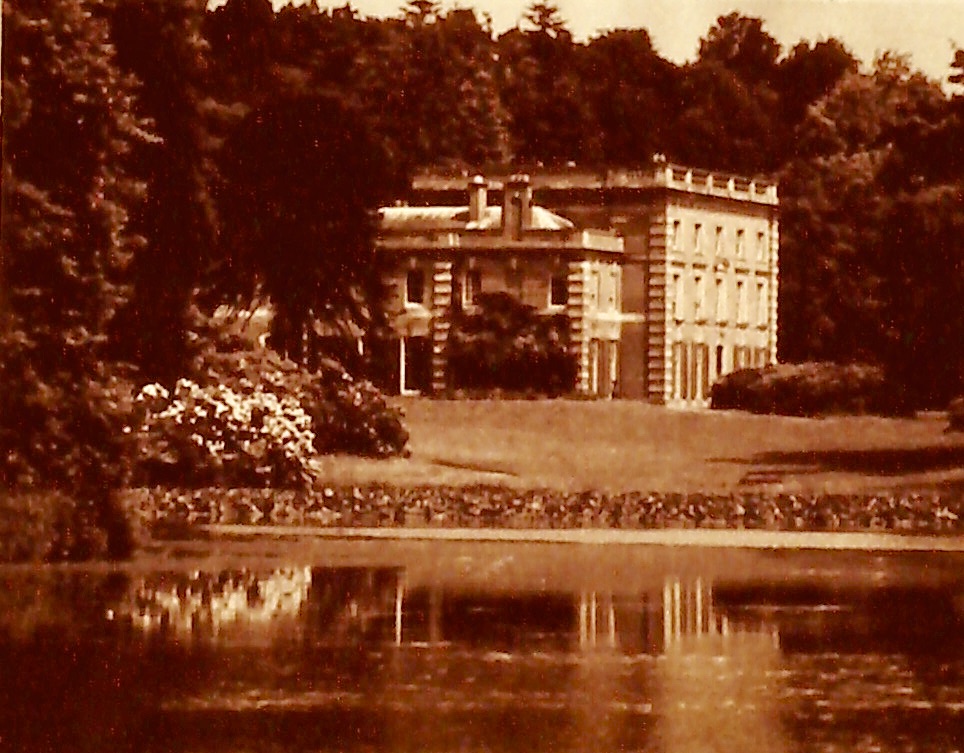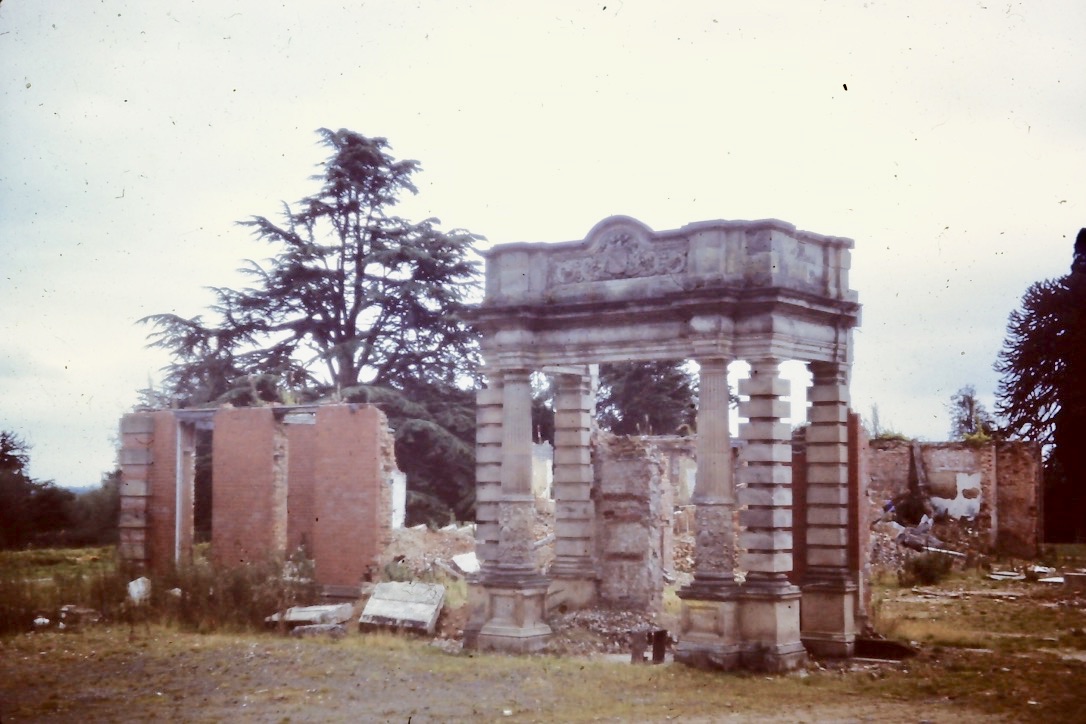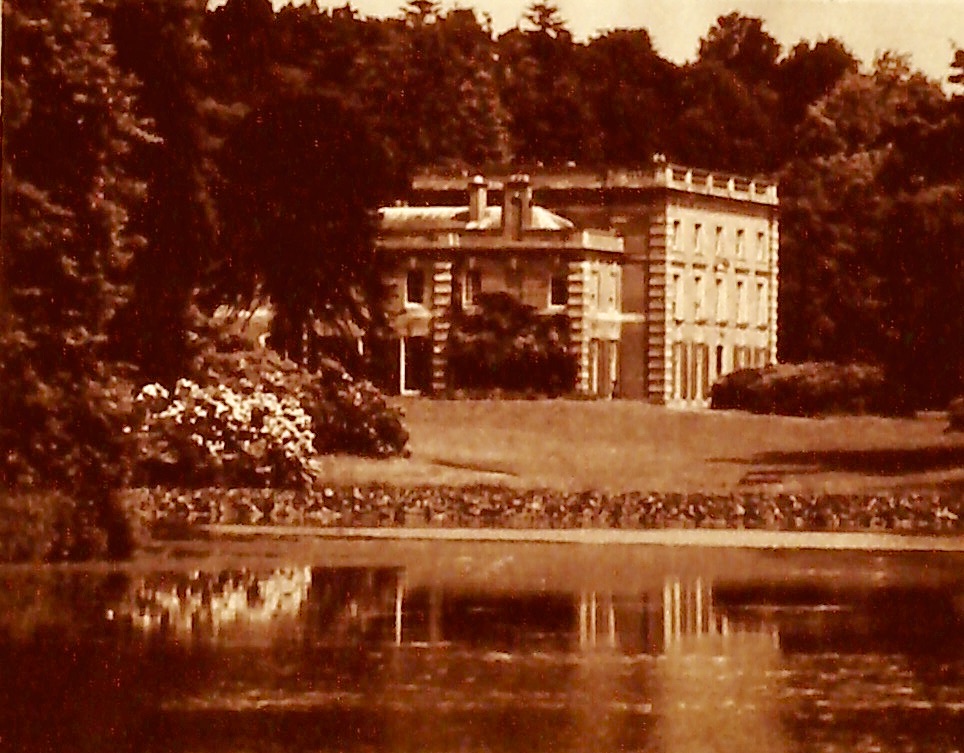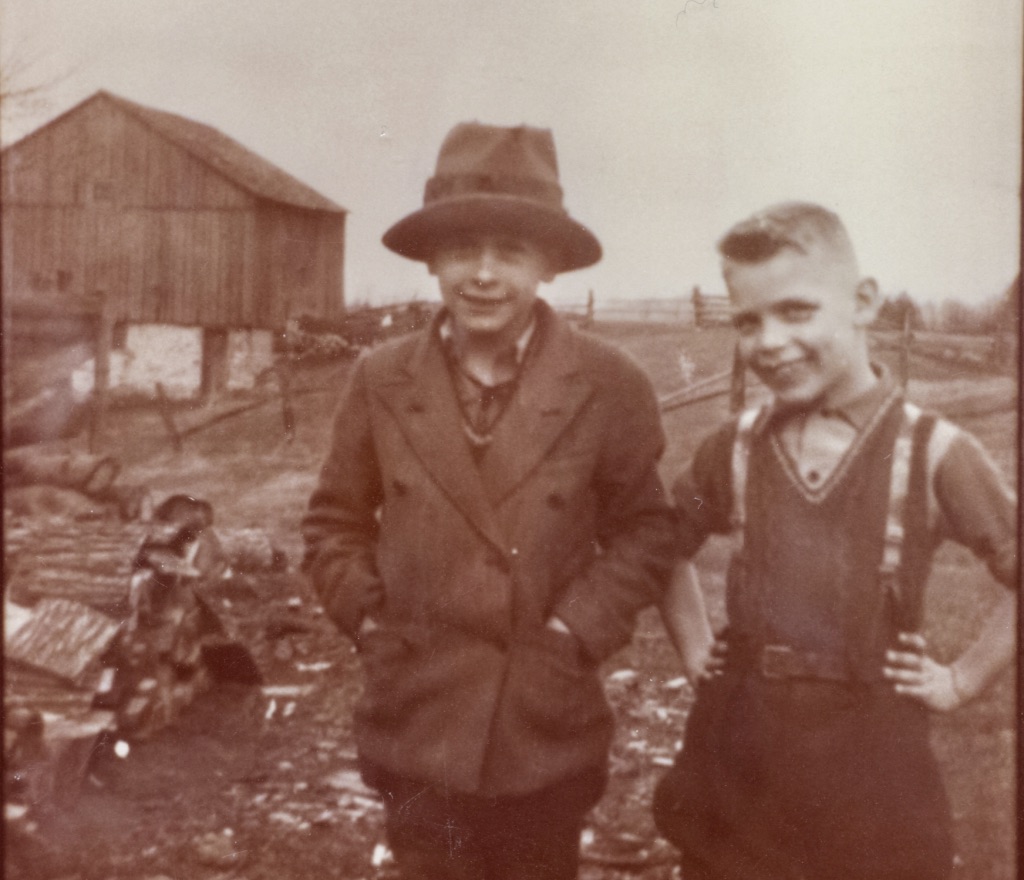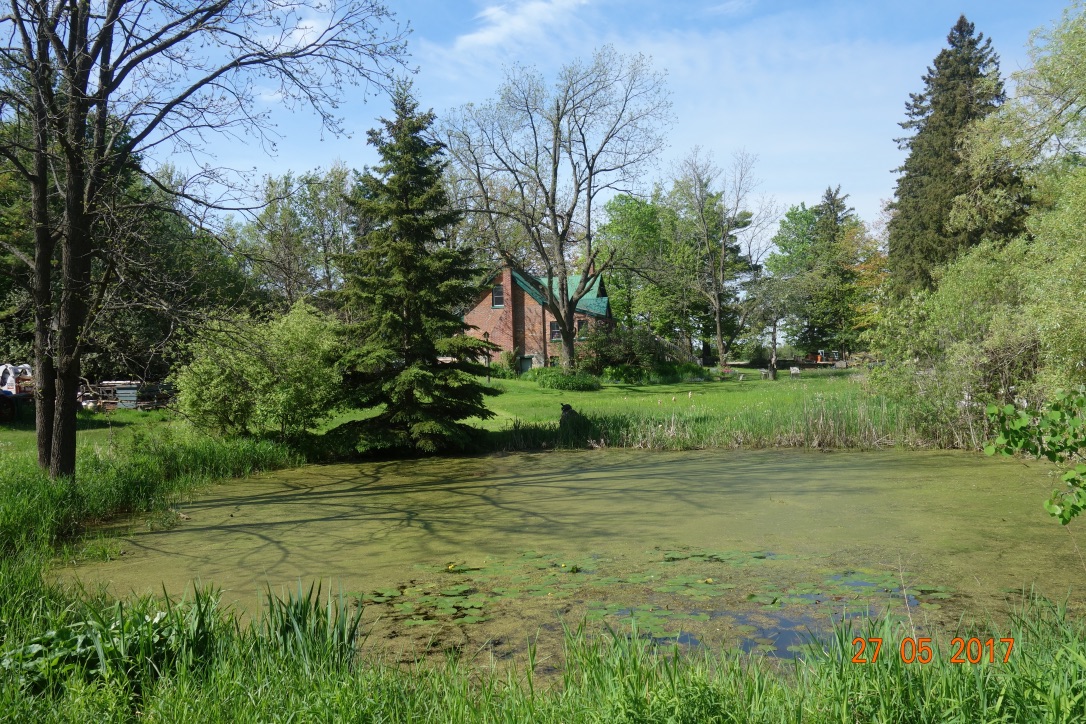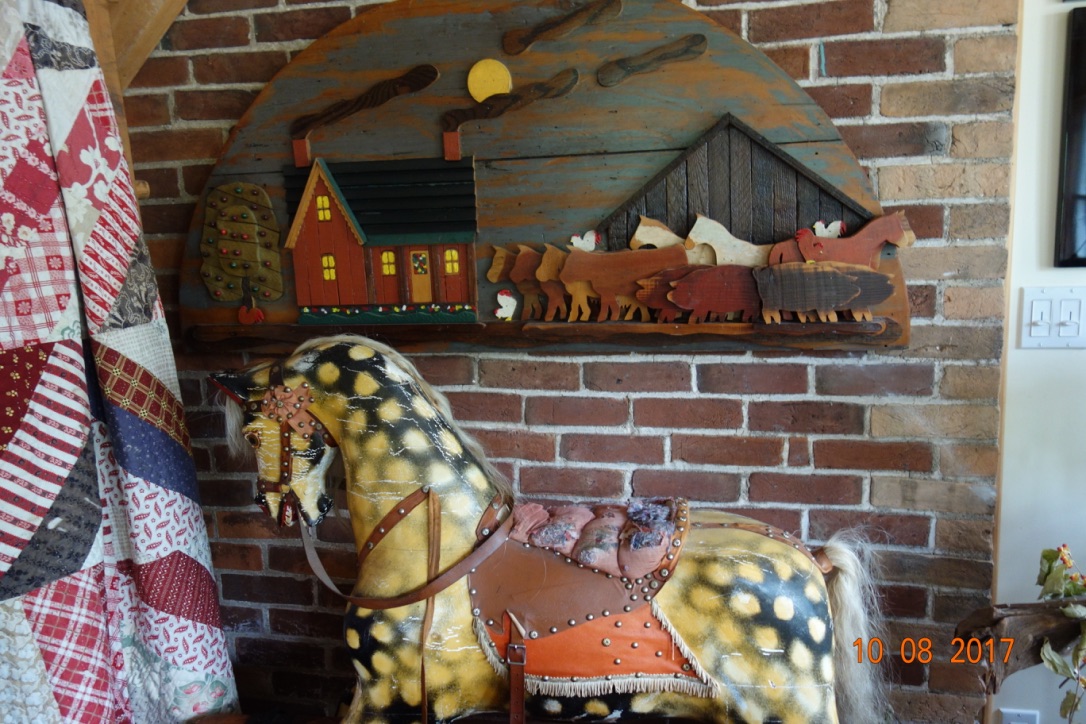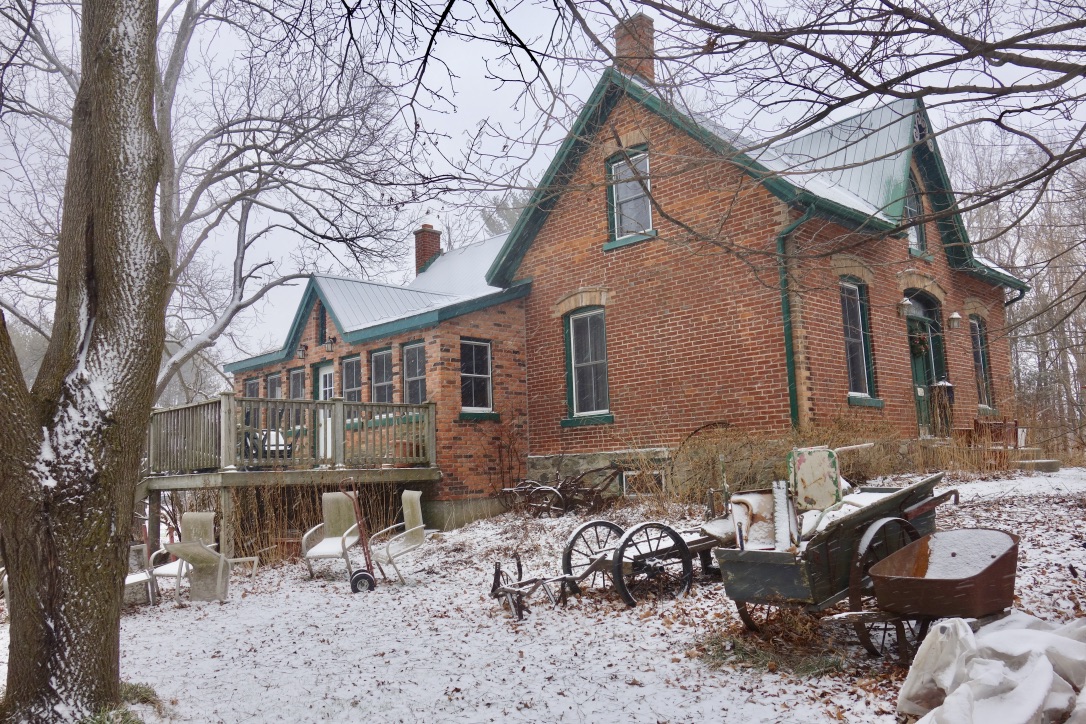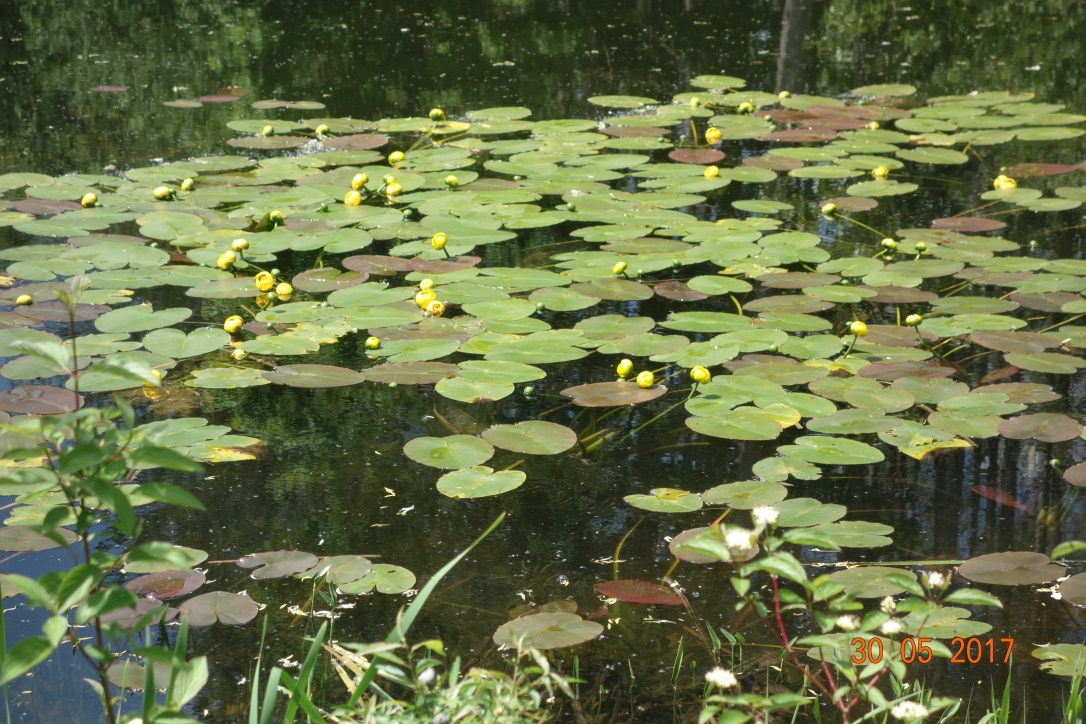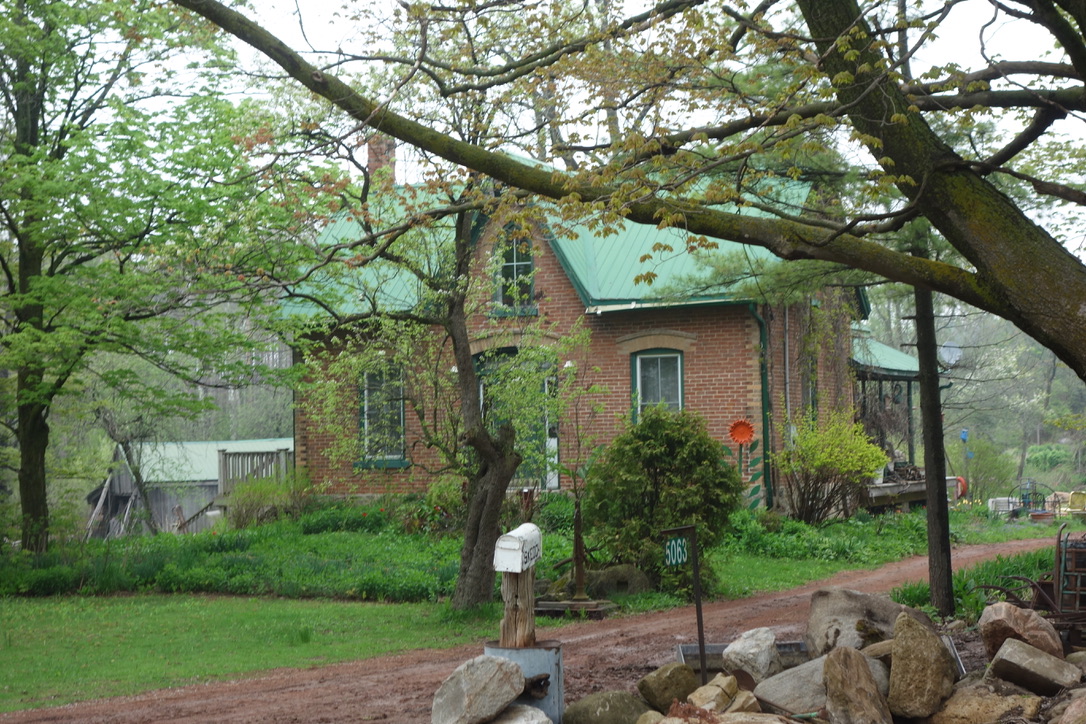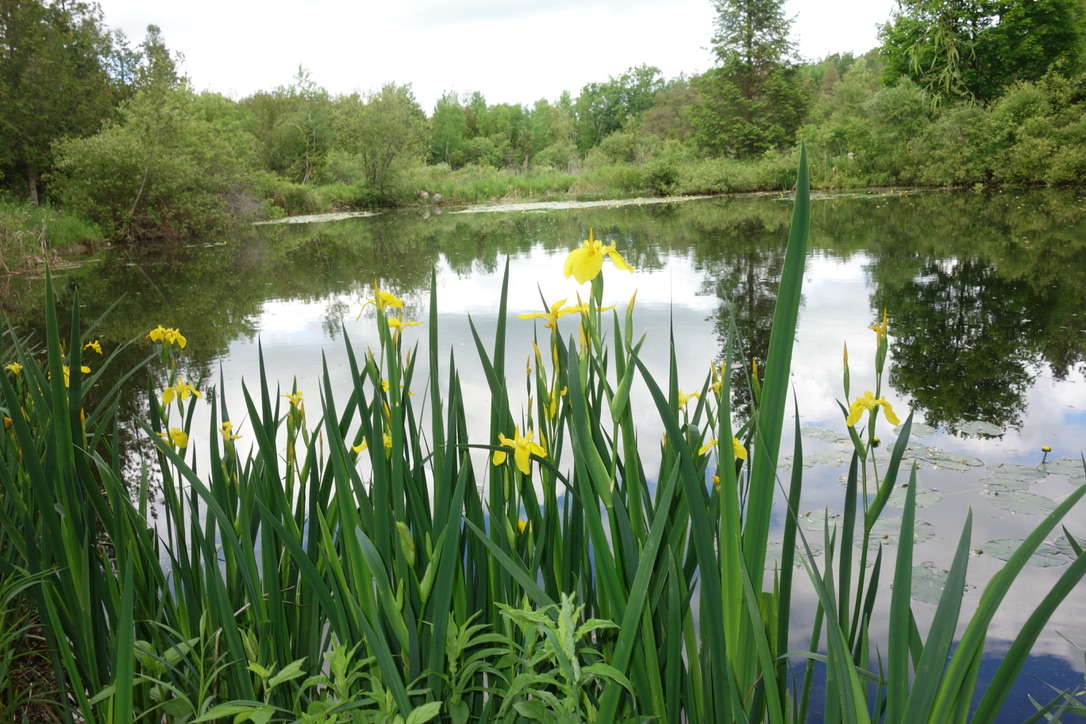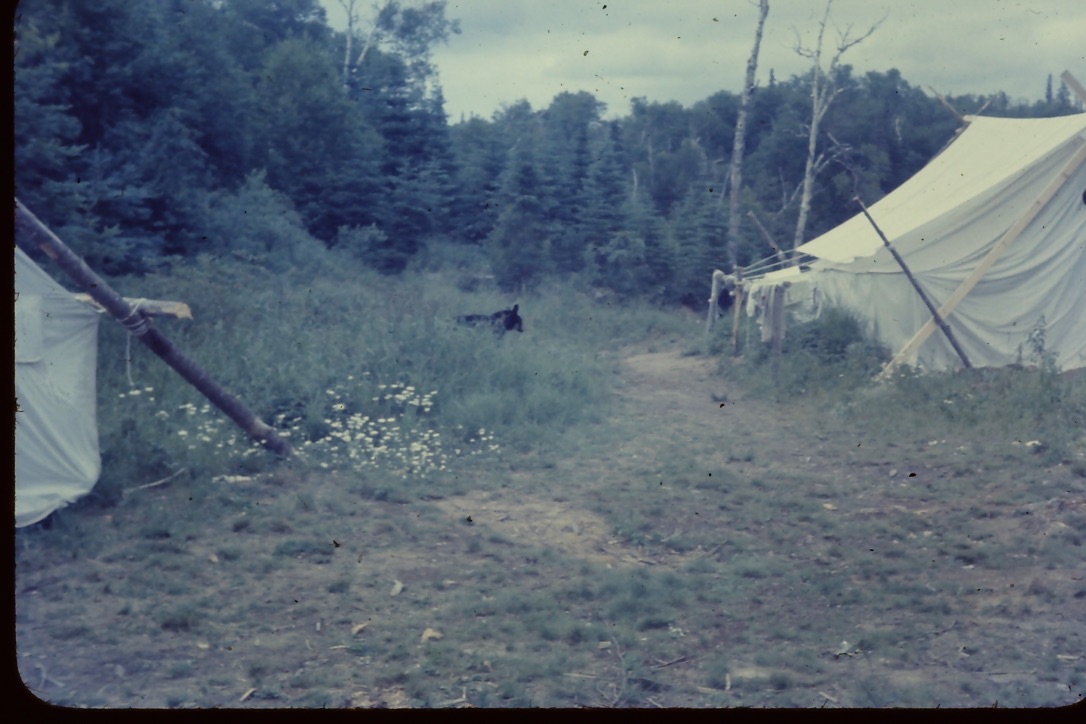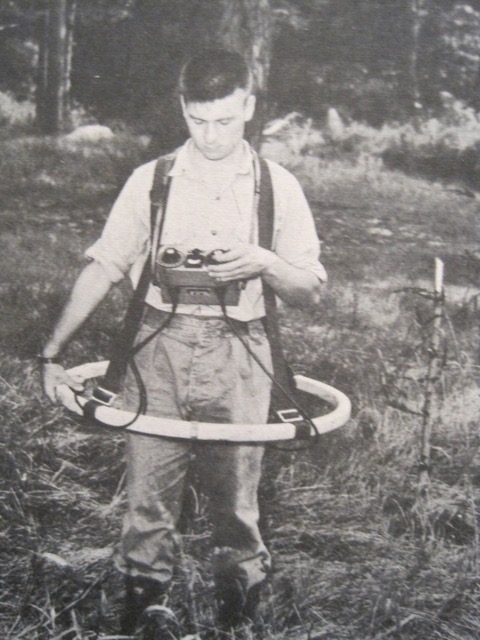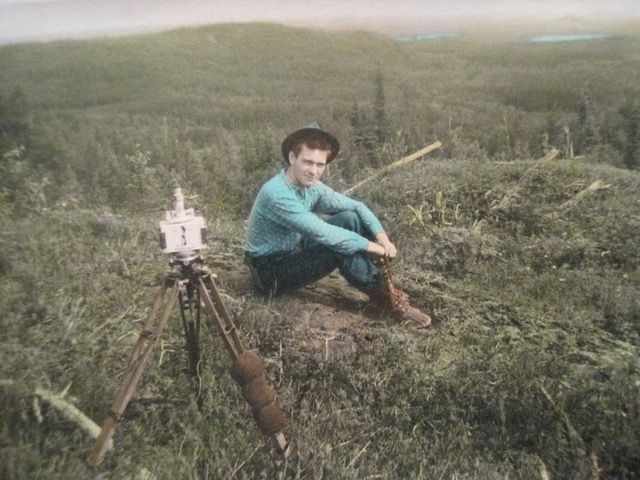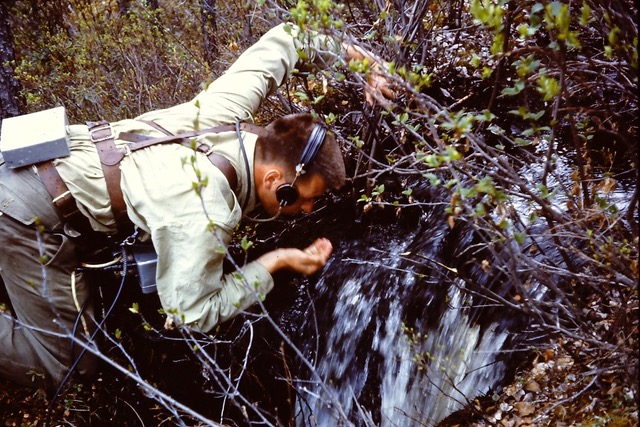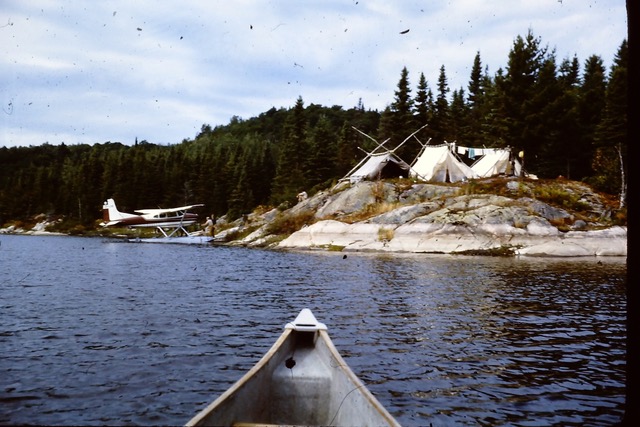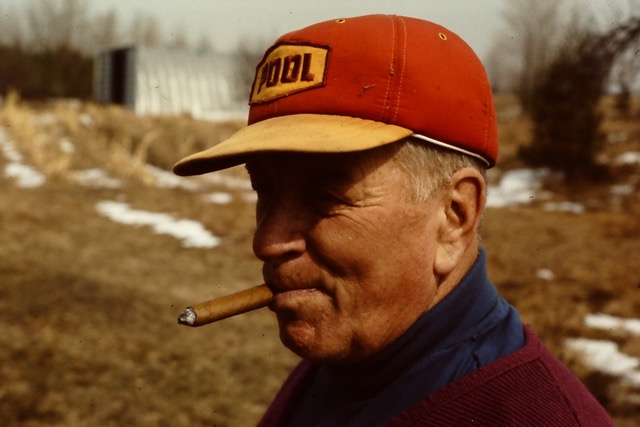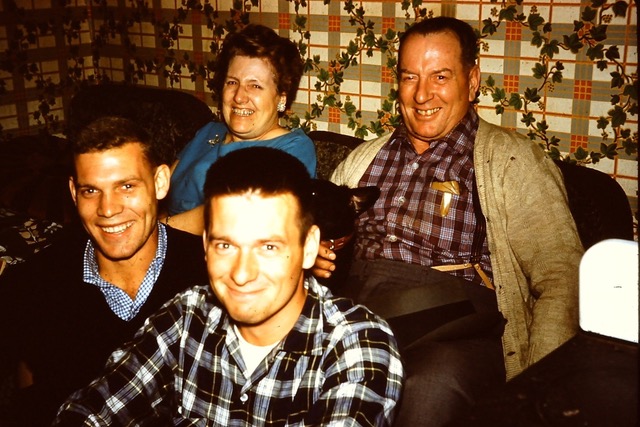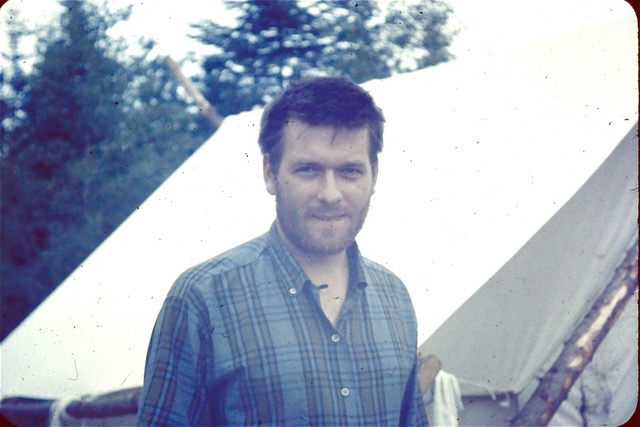EPISODE 56 EYWOOD PART THREE … SURPRISE VISIT 1960
alan skeoch
May 2020
THE IRISH JOB COMES FIRST:
IRELAND IN SEPTEMBER 1960…KNOCKMAHON MINE. COULD IT BE REOPENED?
RUINS OF THE MINE REMAIN TO THIS DAY (2020) AS TOURIST DESTINATION . IN 1960 THAT WAS NOT THE CASE…IT WAS
A RUIN.
DR. JOHN STAM AND JOHN HOGAN…ON WAY TO MINE SITE
IRELAND WAS CHARMING IN 1960…MUCH AS PICTURED IN THE FILM THE QUIET MAN.
What is that expression about ebb tide? Shakespeare’s Julius Caeser where Brutus says….
There is a tide in the affairs of men.
Which, taken at the flood, leads on to fortune;
Omitted, all the voyage of their life
Is bound in shallows and in miseries.
On such a full sea are we now afloat,
And we must take the current when it serves,
Or lose our ventures.
I know this may sound silly but I have often thought of those words
when faced with an opportunity. Either I grab the opportunity or I let
it slip away. In the summer of 1960 I had been trusted to operate
a Turam electromagnetic survey on an ancient mine site on the south
coast of Ireland. A place called Bunmahon where copper had been
mined in the19th century and there was just a chance the old mine could
be brought back to life.
I was in the right place at the right time.
The previous summer four of us…called ‘instrument men’ …who operated
a Turam job in south west Alaska near the Aleutian Chain. One man, Bill Morrson,
knew how to set up
the generator, base line, read the console, etc. I was assigned to be his helper. Bill taught me all the
ins and outs of prospecting with the Turam. The other two fellows,
Don Van Every and Ian Rutherford also were instructed. That was
1959.
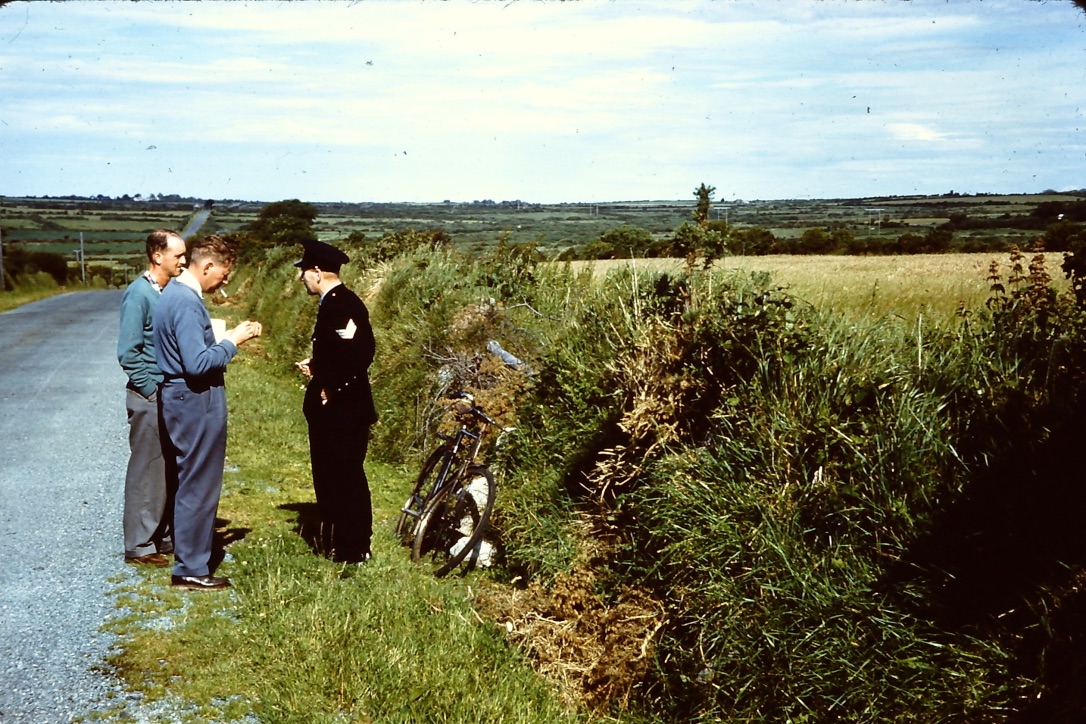
[
POLICE KEPT WATCH ON OUR WORK
The following year much to my surprise i was the only person still around who had
operated the machine. The other three guys had gone God knows where.
I was on the ebb tide…riding high. Entrusted by Dr. Norman Paterson to
sleuth out the old mine in Knockmahon, County Waterford, Eire. Dr. John
Stam, a professional geophysicist would interpret the Turam Readings.
John Hogan wold do the geology. It
was up to me to get the magnetic data…to make sure the Turam worked.
Ireland in 1960 was exactly as tourist photos described.
Local newspaper arrived occasionally … as did police …even the village priest…all kept close eye on us.
“ALAN, DO YOUR REALLY NEED ALL THOSE EMPLOYEES?” Question raised by Canadian office.
MY BOSS IN CANADA, DR. NORMAN PATERSON WONDERED WHY SO MANY MEN WERE HIRED. THERE WERE GOOD
REASONS. THIS IS PAYDAY … PAID MEN WEEKLY AND GAVE BONUS OF CIGARETTES AND CHOCOLATE BARS. YES,
I WAS CRITICISED FOR THIS LARGESSE.
MUCH MONEY WAS SPENT IN KIRWIN’S PUB. MOST OF THESE MEN WERE EMPLOYED BY US. TERRIBLE NEED
FOR JOBS.
I RENTED THIS OLD TRUCK A COUPLE OF TIMES. NEEDED CRANK. FLOORBOARDS HAD GAPS.
THIS IS THE TURAM…E.M. UNIT AT WORK IN AN IRISH WHEAT FIELD.
IF WE HIT HIGH READINGS WE OCCASIONALLY HAD MEN DIG PITS DOWN TO BED ROCK.
LOTS OF MYSTERY AS A REJULT OF SOME OF THESE EXCAVATIONS SUCH AS THE
DEAD COW CAPER …LED TO DISCOVERY OF OLD MINE ADIT FROM 1850’S.
June, July and August…I did my job. Tried not to let anyone down.
This was a big responsibility which I took very seriously. There was a
social side of the job as well like A pint of
Gjuinnes each night with Dr. Stam and John Hogan in Kirwin’s [ub
helped all of us relax. We hired the whole village. I will explain
that in future episodes. Perchance a few readers of these episodes
saw the John Wayne, Maureen Ohara, Barrie Fitzgerald movie titled
‘The Quiet Man”…an imaginary story about Ireland that was damn
near true. Surprised. Joyful.
When the job ended. The Ebb tide came once more I made a fast
decision without prompting. After crating up the mining equipment
and shipping it ask to Canada. I set sail on the EBB tide for
England. This was my chance to see if EYWOOD REALLY EXISTED.
Truth be told I had no idea where I was going. Eywood was in Herefordshire
England. First I had to get there. If I failed I would still fly home. Just a few
days later than Dr. Paterson expected. My job was over anyway. Fast
decision to catch that Ebb Tide to Eywood.
Perhaps my journal entries are the best way to describe this
adventure. Remember I was going almost blind but not totally.
I had a name…Cyril Griffiths whose mother Polly had been in
constant letter writing contact with my grandmother from 1905 until
her death in 1954. And I had a name…Lower Wooten Farm somewhere
in Herefordshire, perhaps close to Eywood. Eywood itself was
a blank. The Estate, to my knowledge, had been put up for auction
and then demolished.
Why go there at all? There was a sense of
mystery about the estate and just a chance that the estate gardens…
where Granddad was head gardener for a decade…just a chance
that huge brick walled garden was intact.
JOURNAL
Sunday September 4, 1960
Bunmahon,
County Waterford,
Southern Ireland
Packing up the job. Has been an exciting time. Mr. and Mrs. Daye presented me with two
figurines. Mrs. Kennedy, the village leader, gave me a fine tablecloth. Tommy gave Me a nice
bottle of Guiness Stout.
CRATED EQIPMENT … BIG RESPONSIBILITY FOR ME…FLATTERED TO BE TRUSTED.
In the afternoon I hired Barney Dwan to help crate up our equipment. Very sad to leave.
Barney has been my right hand man. Later Dr. John Stam and I drove to Tramore for a
fast game of mini golf and a meal of fish and chips topped off with a bottle of Bass Ale.
I am going to miss all in the village. Managed to hire quite a few of them so became a
major employer paying them one pound a day plus free packs of Wild Woodbine cigarettes
and chocolate bars. Back in Canada, Dr. Norman Paterson wondered why I needed so many
employees.
THE SOUTH COAST OF IRELAND IS DOTTED WITH HISTORIC RUINS
HERE ARE THREE OF THE BOYS TAKING A REST. THE CATTLE HAD TO BE PREVENTED FROM EATING OUR GROUNDED
CABLE…BUT COULD NOT BE STOPPED. LITTLE BALLS OF COPPER WIRE WERE VOMITTED…OR PASSED.
THIS YOUNG BOY WAS HIRED TO GUARD OUR GROUNDING RODS AND GENERATOR FROM
CATTLE AND SEMI WILD PIGS. HE TOOK THE JOB VERY SERIOUSLY. CAMPED THERE.
“Cost of labour here is so cheap…. ten men amounts to less than cost of
one man in Canada. And I need ten men to protect our base line for the cattle keep eating
chunks of the cable then regurgitating balls of yellow sheathed copper wire. Try to stop
this from happening. Also need a man to lift me over the stone and brier fences. Sounds
stupid, I know but these fences are a nightmare. Danger that a bull would charge and I cannot
get away with console, battery pack, copper coil, record book, etc. Need another two men
to protect our grounding points and tend the motor generator. Then need two linecutting
crews…etc. etc. Want more Dr. Patterson”
Barney Dwan told me a story about a nun crossing
an open field. All they found of her were her shoes with her feet in them. Semi wild hogs
got her. Not sure I believe this story.”
I will miss all these men. Just getting to know all their names and meeting
their families and now we are packing up the gear. I will also miss Kirwin’s pub in the
evenings. Quite a social hub. It does not take long to develop at taste for Guiness.
MONDAY SEPTEMBER 5, 1960
We finished crating all the equipment and made arrangements with Frank Kirwin to
transport the crates to Waterford. Seemed like all was ready. Not so. I could
not find my return tickets home…flight. Panic. Mrs. Kennedy helped…no luck
so she called a great group of the villagers to her home. Why? Seemed strange
to me as well. “Master Skeoch has lost his tickets home. He needs our help.”
There were about a dozen people gathered in the sitting room. Some got down
on their knees and prayed. Others held hands in a circle. Then Mrs. Kennedy did
the strangest thing. She reached in the pile of records, papers, graphs,
waste paper and pulled out my tickets…one reach only. I know this sounds far
fetched but it was real. After that I took a family photo of the Kennedys. Bridey, my
maid (yes, I had a maid) presented me with an Irish handkerchief. You remember
Bridey…she was the person who yanked the covers off me while inked and
announced “Time for Mass, Master Skeoch” and made certain I attended even if
I was a Presbyterian. Because of her we did not work on Sundays as we did
on bush jobs in Canada.
THIS IS THE KENNEDY FAMILY. MRS. KENNEDY RAN THE VILLAGE REALLY. SHE HAD THE ONLY STORE IN TOWN. HER SON
GERALD WAS HANDICAPPED AS YOU MIGHT NOTICE. HE FOLLOWED ME AROUND AND WAS A JOY. THEIR LABRADOR DOG
WAS TRAINED TO KEEP GERALD FROM WANDERING INTO THE SEA. MR. KENNEDY WAS A FARMER.
The boys all came to see me off. Very sad farewell, This has been a big
adventure for everyone including me. Would it mean the rebirth of the village?
That would remain to be seen. (It did not happen)
Tommy, Frank and I drove to Waterford in the old truck. Met John Stam
and John Hogan. Picked up newspaper that had featured our crew and
the attempt to reopen the old Knockmahon mine. Then I caught the
train to Dublin and road in the first class compartment…like John Wayne
did in the The Quiet Man movie. Seemed I had been reliving that movie.
TUESDAY, SEPTEMBER 6, 1960
Woke early and enjoyed the full tourist breakfast…several eggs, sausages, rasher of bacon,
fried tomato, marmalade and triangles of toast…then coffee. Viisited Arbuckle, Smith
and Company to finalize arrangements with KLM airline for my flight home.
Then went shopping in the rain. Portable clock,27 shillings, sixpence;
Sweater for Marjorie, 3 pounds, 10 shillings; three fake shillalahs , 40 shillings;
2 pints of Guiness, 2 shillings; gifts for Kevin Behan and family, 10 shillings.
Rented a slide projector and showed slides of Bunmahon job to the Behan
family who had hosted me so well in Dublin. Kevin became name of our first son
in distant future … named after Kevin Behan.
Back to hotel late…deep sleep…too deep as it happened.
WEDNESDAY , SEPTEMBER 7, 1960
Late awakening. Alarm clock did not work. Had a hell of a rush to make the
ferry boat to England. Miss that boat and all my plans to visit Eywood Estate
would be ruined. “Can you get me to the docks fast?”, I asked the taxi and
we speeded through the streets of Dublin. Made it by skin of my teeth.
Boat trip was uneventful but nice.
Where was I going? I really did not know. Caught a train out to Herefored which
seemed a good place to start since Eywood was in Herefordshire. What to do
in Hereford? I looked up the name of Cyril Griffiths in the telephone book. Felt
lost really. The train platform emptied. I was almost alone. Almost.
“Can I help you son?”, asked a well dressed older man.
STRANGE EVENT HAPPENED: “Yes, you can help maybe. I am looking for
Cyril Griffiths who lives at Lower Wooten Farm somewhere in Herefordshire.”
Just saying that made me realize this venture was really stupid.
“I know Cyril
Griffiths and know Lower Wooten Farm, perhaps I can give you a lift there…near
the village of Almely…some distance from here. I am the local bank manager
for Cyril.”
CYRIL AND NANCY GRIFFITHS. NEAR RELATIVES. THEY OPERATED OATCROFT FARM ON THE EYWOOD ESTATE UNTIL THE
ESTATE WAS BROKEN UP. THEN THEY OPERATED LOWER WOOTEN FARM PICTURED BELOW. WONDERFUL PEOPLE.
What a surprise. The whole Grifiths family were expecting me. Mom had sent them
a letter that maybe I would arrive in early September. Shy greetings. Cyril and
Nancy Griffiths, aunt Polly, and their son David who was about 14 years old.
HERE THE WHOLE GRIFFITHS FAMILY IS OUT FOR A FORMAL PICTURE. OUR PATHS WOULD CROSS MANY TIMES
FROM 1960 TO THE PRESENT.
THIS PICTURE IS BACKWARDS BUT GIVES GOOD VIEW OF LOWER WOOTEN FARM. PICTURE WAS TAKEN ON A SUBSEQUENT
VISIT. MARJORIE IN DOORWAY. ON THAT TRIP WE CAUGHT A HEDGEHOG ONE EVENING…IT CURLED UP LIKE A BOWLING BALL
SO WE BOWLED WITH IT A FEW TIMES THEN IT TRUNDLED AWAY TO THE FENCEROW.
Lower Wooten Farm was a storybook farm. Built in the 16th century and designated an
historic building that could not be changed. The Farm was wonderful. A bed was ready.
The floors were uneven. The ceiling was held up by oak beams. The roof was ancient
slate. (SEE PICTURE)
THURSDAY SEPTEMBER 8, 1960
Beautiful day in a wonderful setting. Young David took me around the farm where we
helped Cyril debeak turkeys so they would not cannibalize each other I assumed.
Then Cyril drove us into Eardislely, a quaint black and white 16 th century village.
In the afternoon we drove to a farm auction near Leominster.
VISIT TO EYWOOD …
EYWOOD AS IT REMAINS TO THIS DAY…A RUIN.
“Alan, I expect you will want to see Eywood. Not much to see anymore. The great
house has been demolished…just a few brick walls and the stone entranceway remain.
but your grandfathers place is intact…the gardens were bought by Henry Mills.
I know him well. He will be glad to see you.”
END PART THREE
PART FOUR
EPISODE 57: COMING NEXT: EYWOOD … WHAT REMAINS OF A GREAT ESTATE
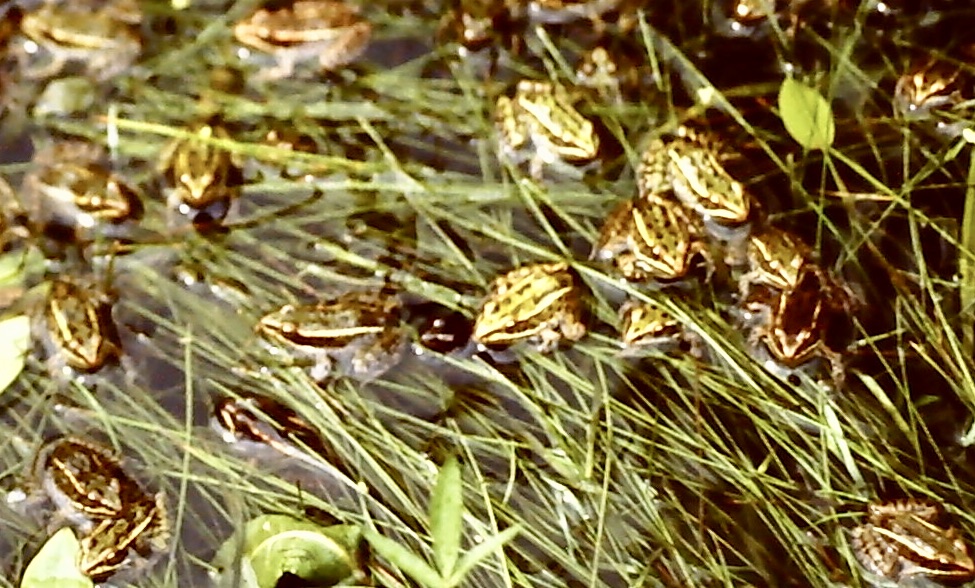
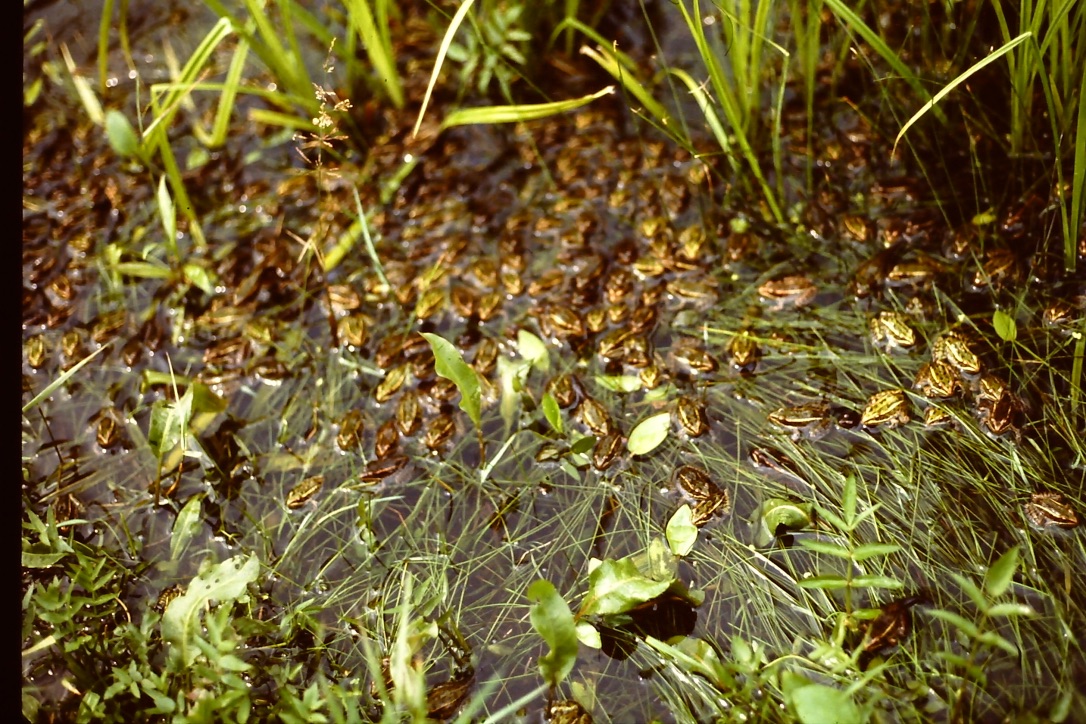
 upload.wikimedia.org/wikipedia/commons/thumb/6/61/Northern_Leopard_Frog.JPG/440px-Northern_Leopard_Frog.JPG 2x” data-file-width=”2816″ data-file-height=”2112″>
upload.wikimedia.org/wikipedia/commons/thumb/6/61/Northern_Leopard_Frog.JPG/440px-Northern_Leopard_Frog.JPG 2x” data-file-width=”2816″ data-file-height=”2112″>

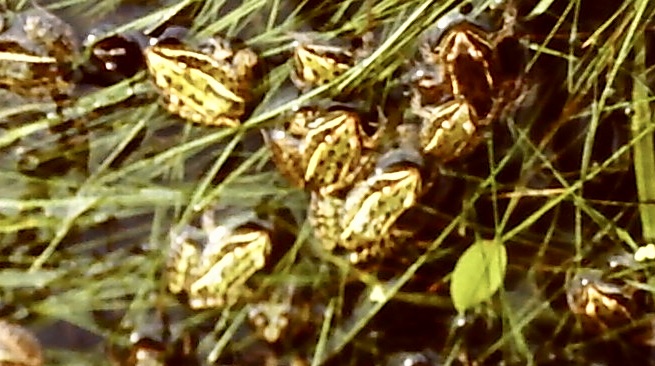
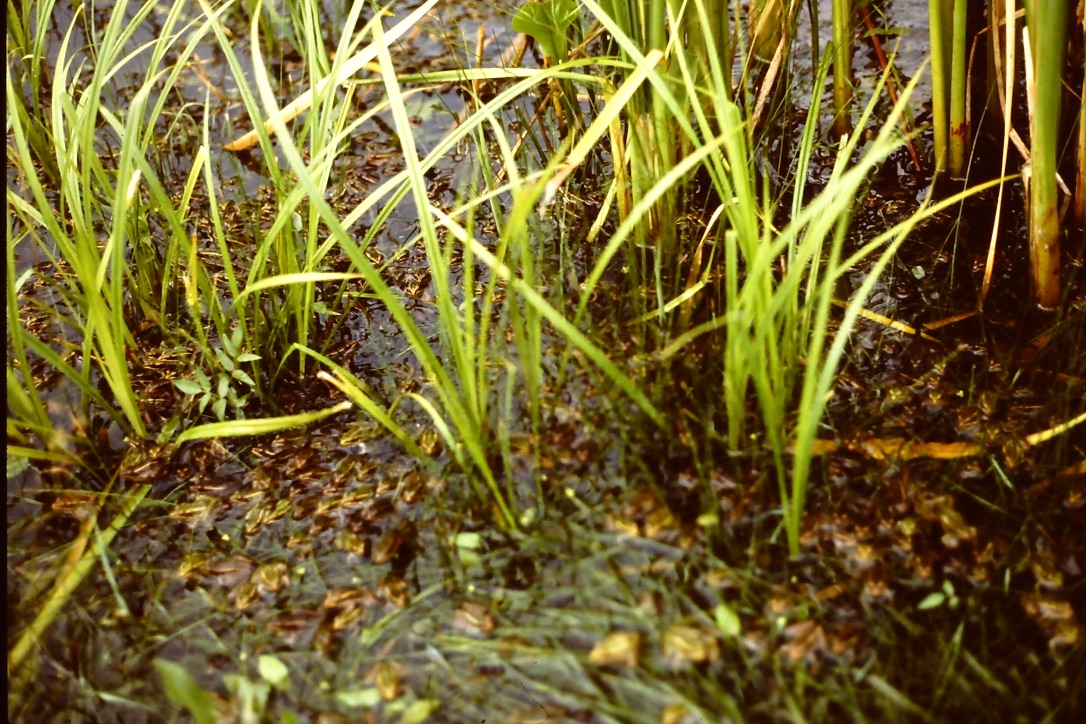
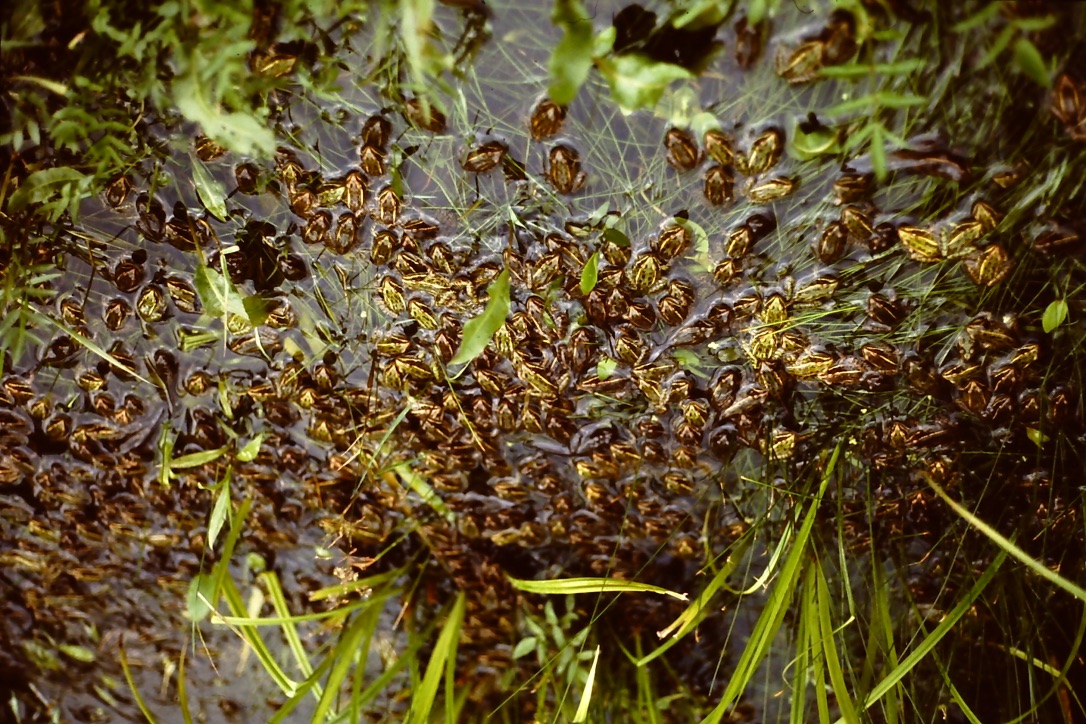
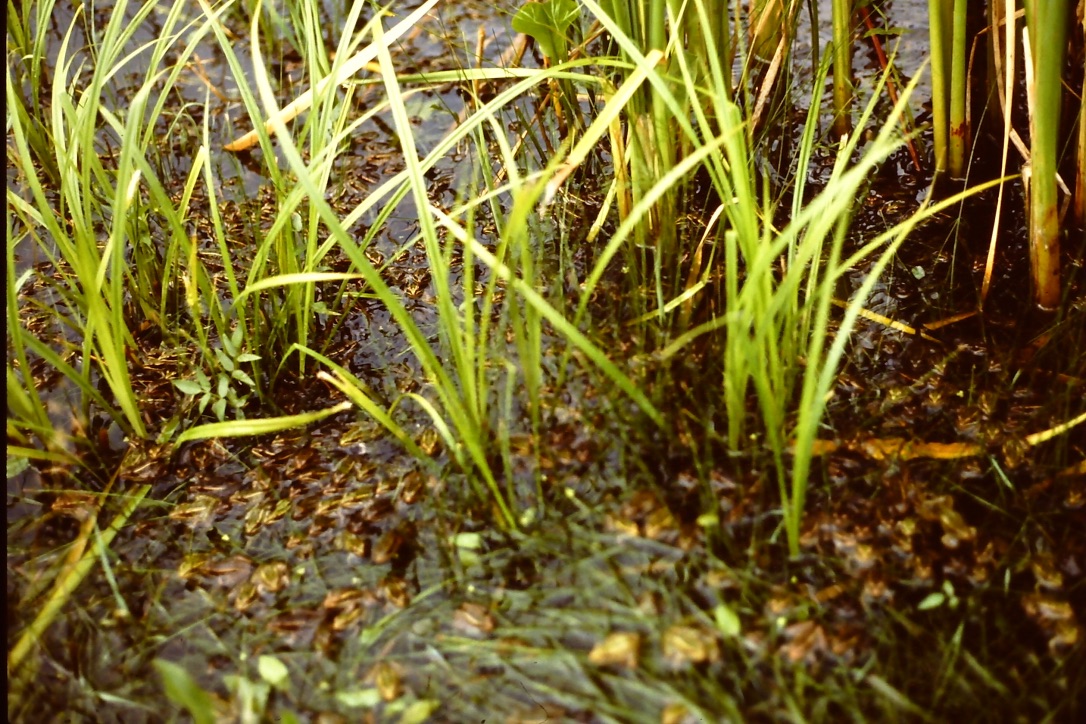
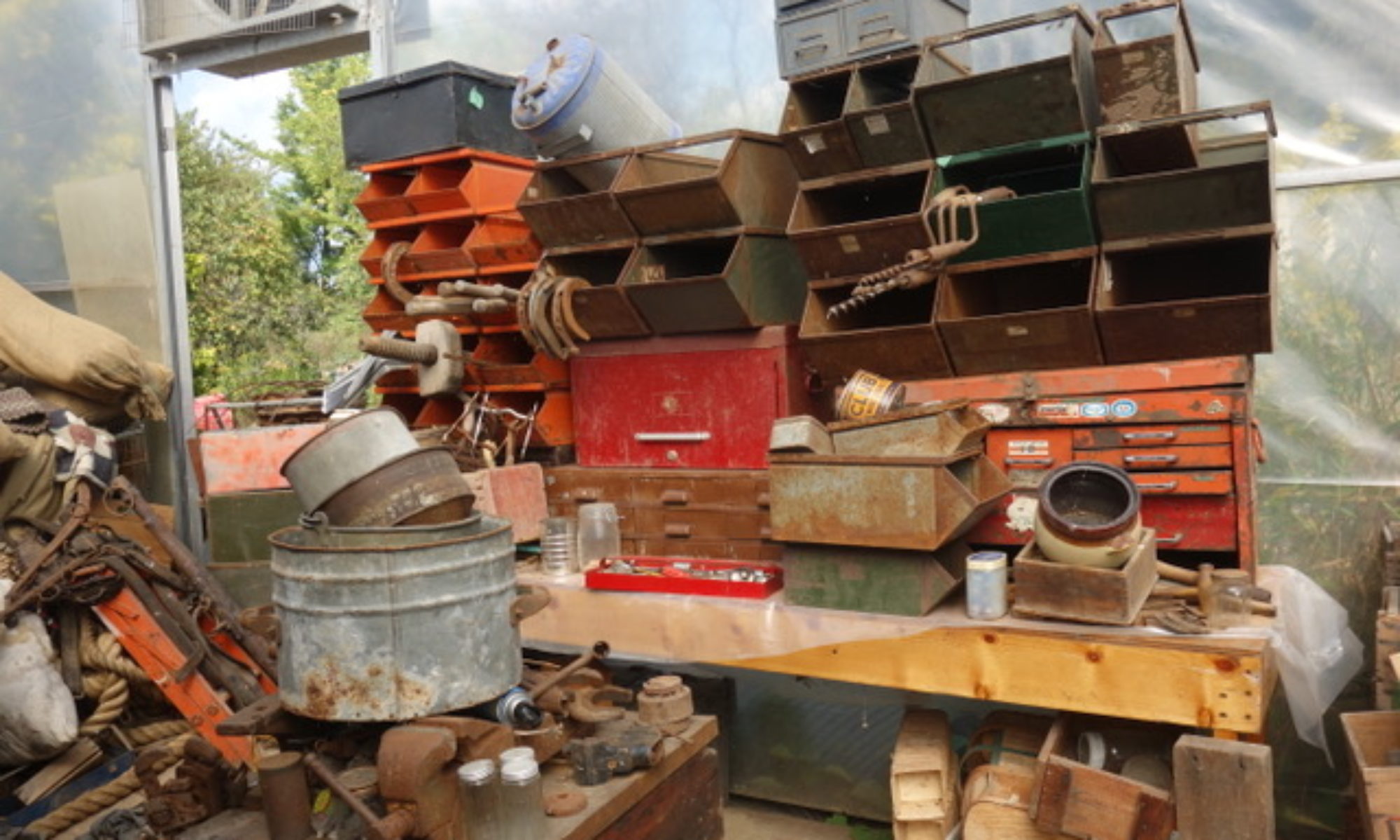
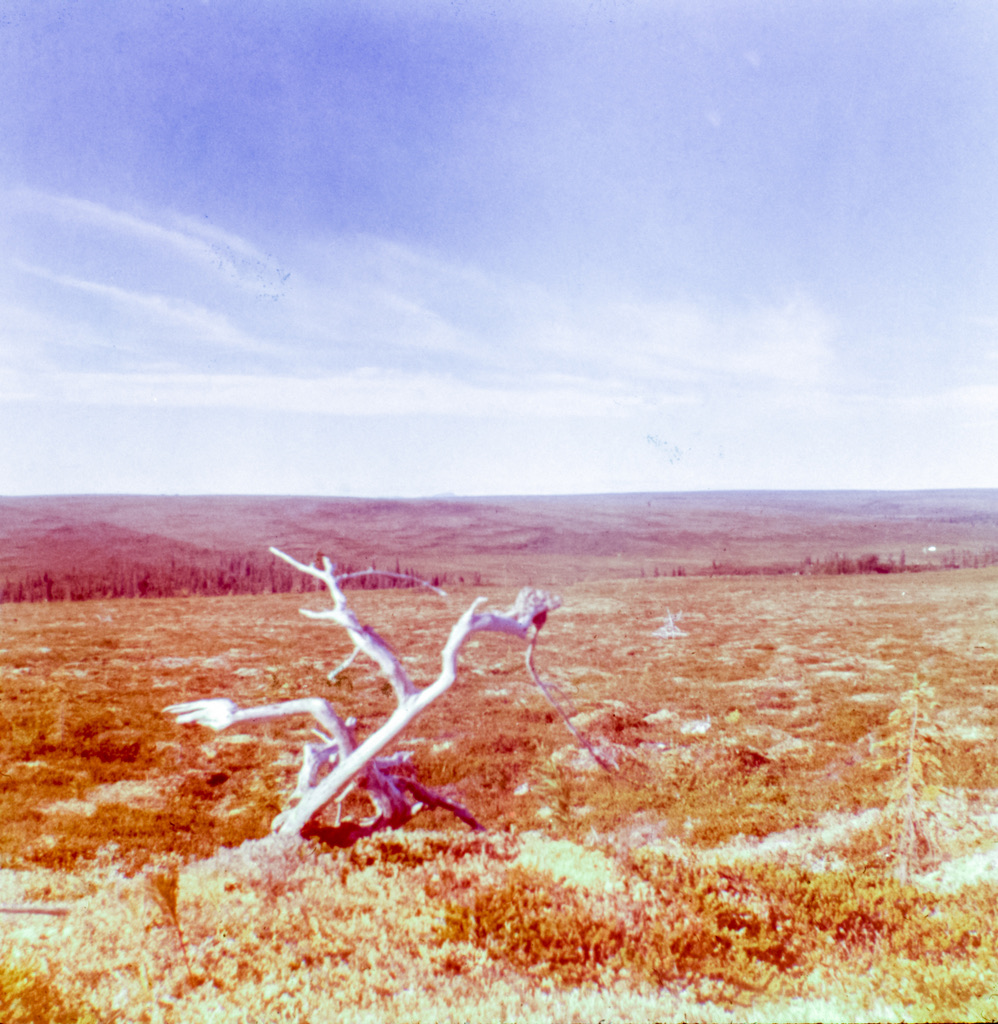
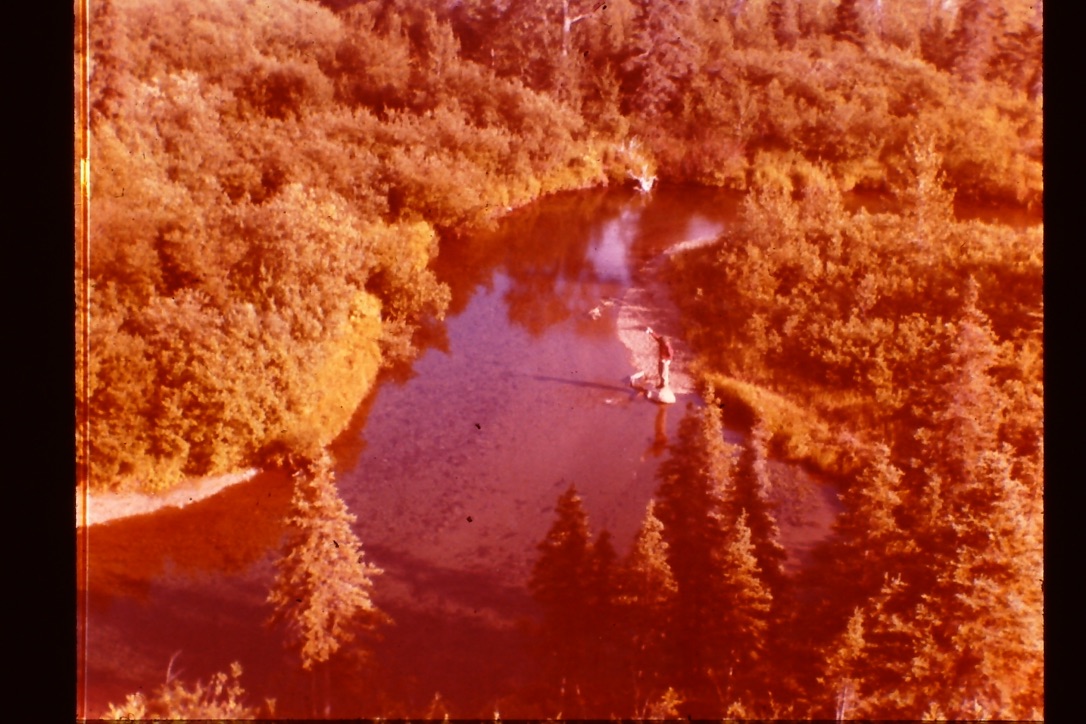
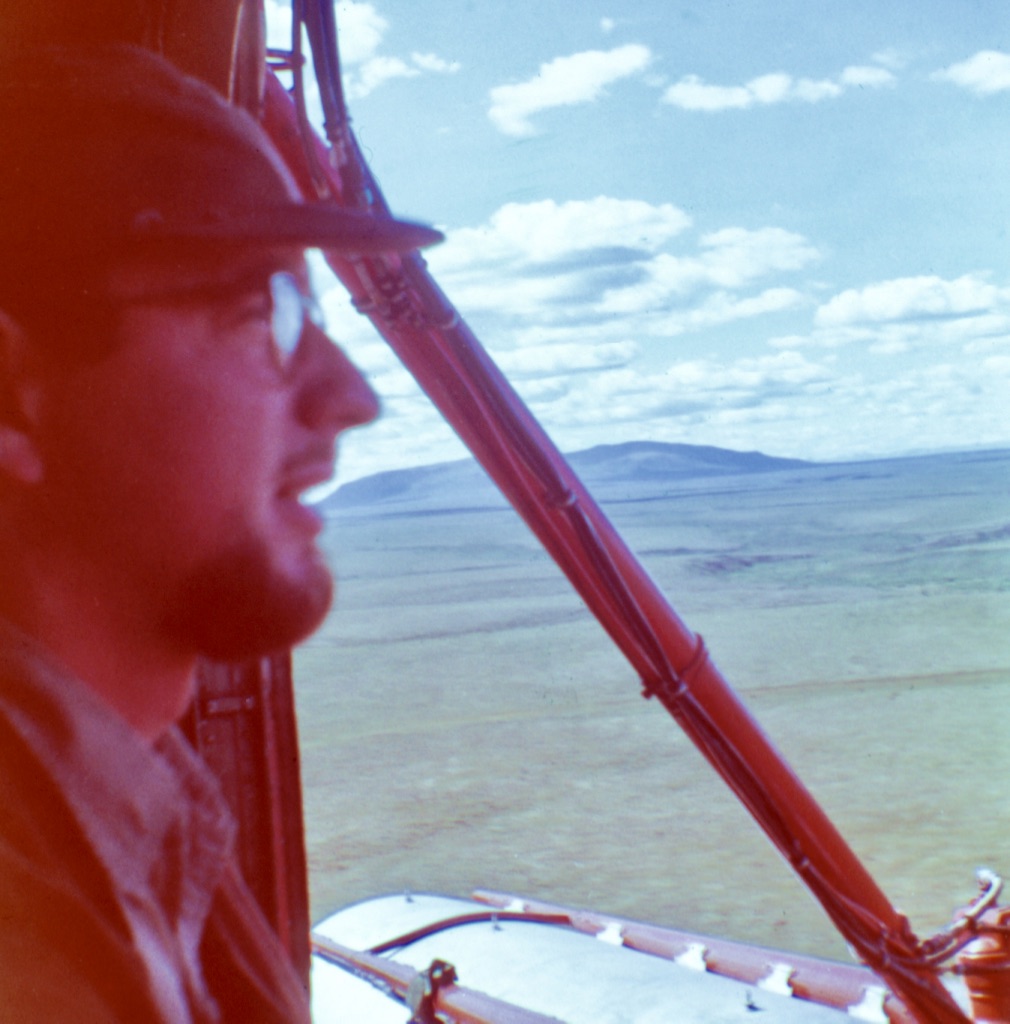
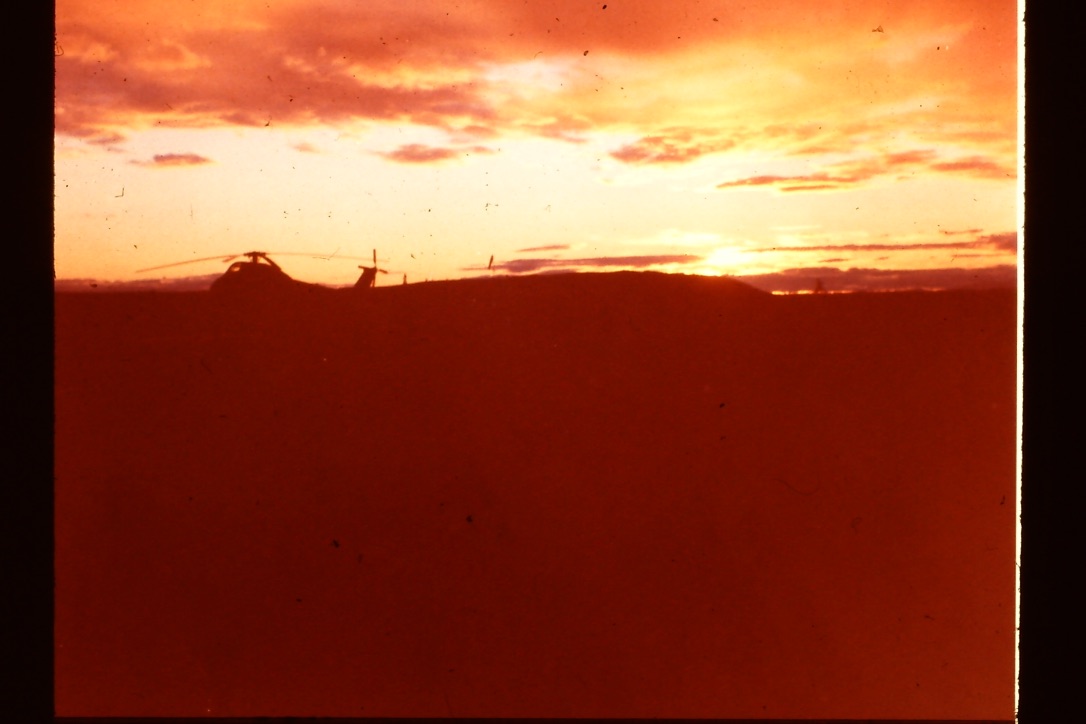
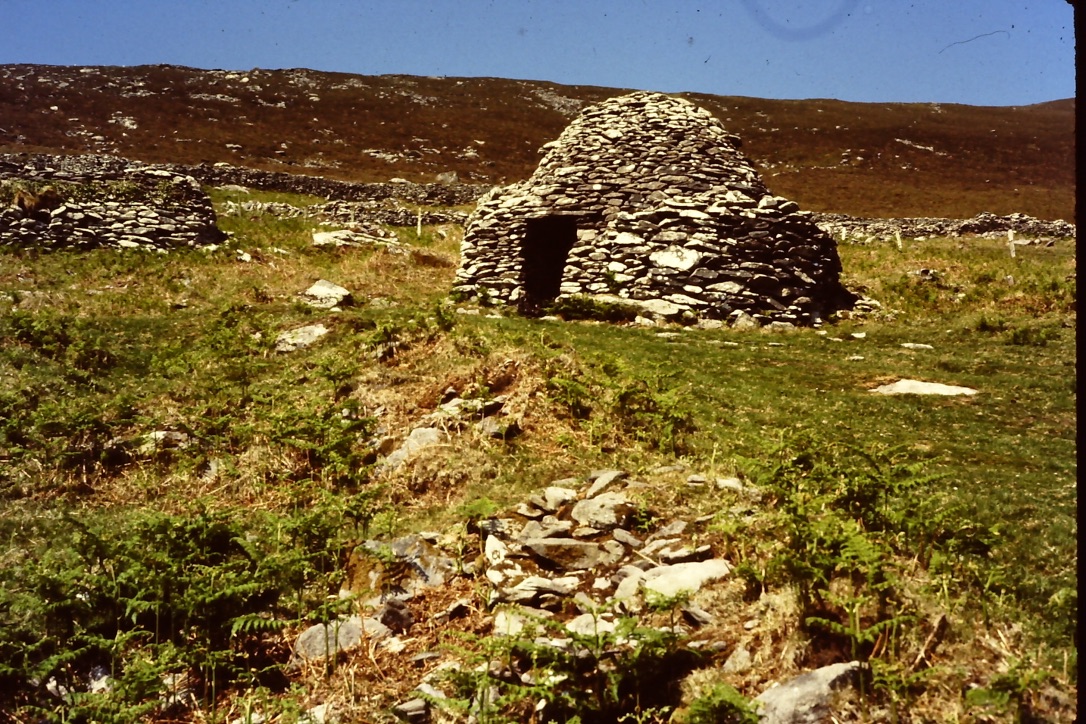
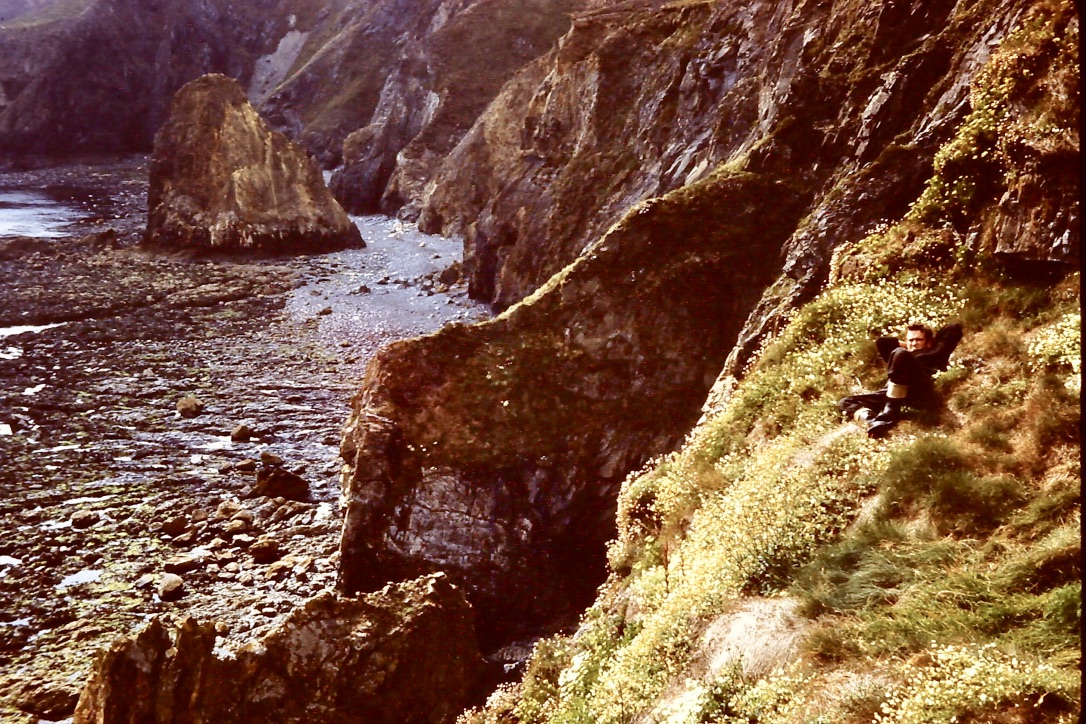
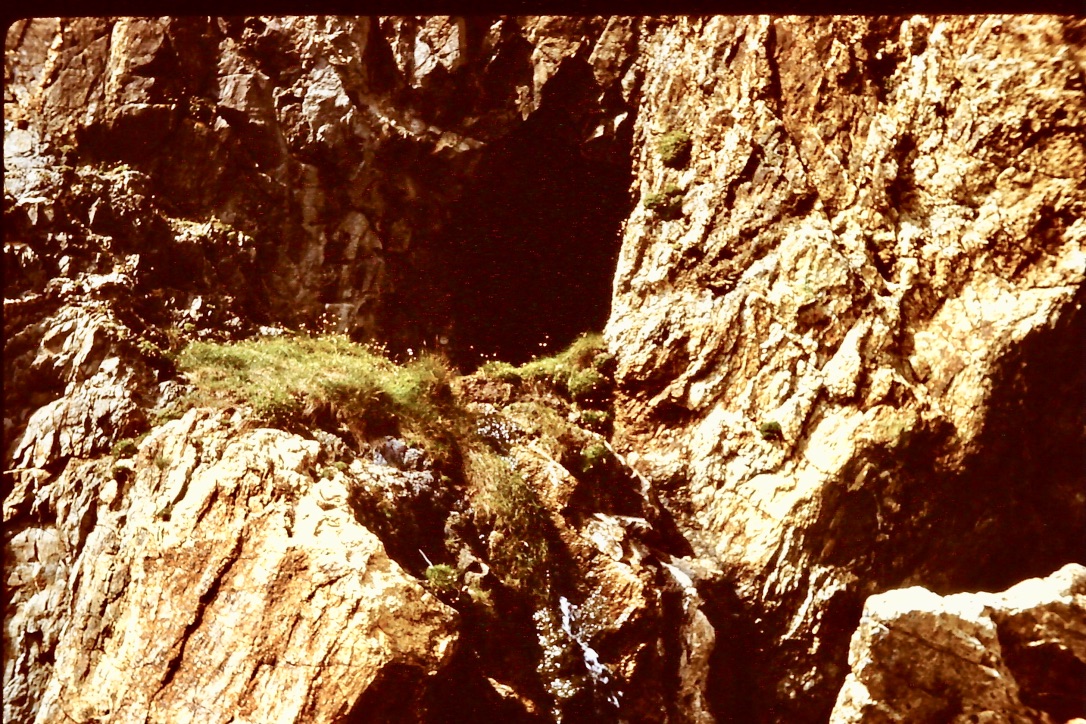
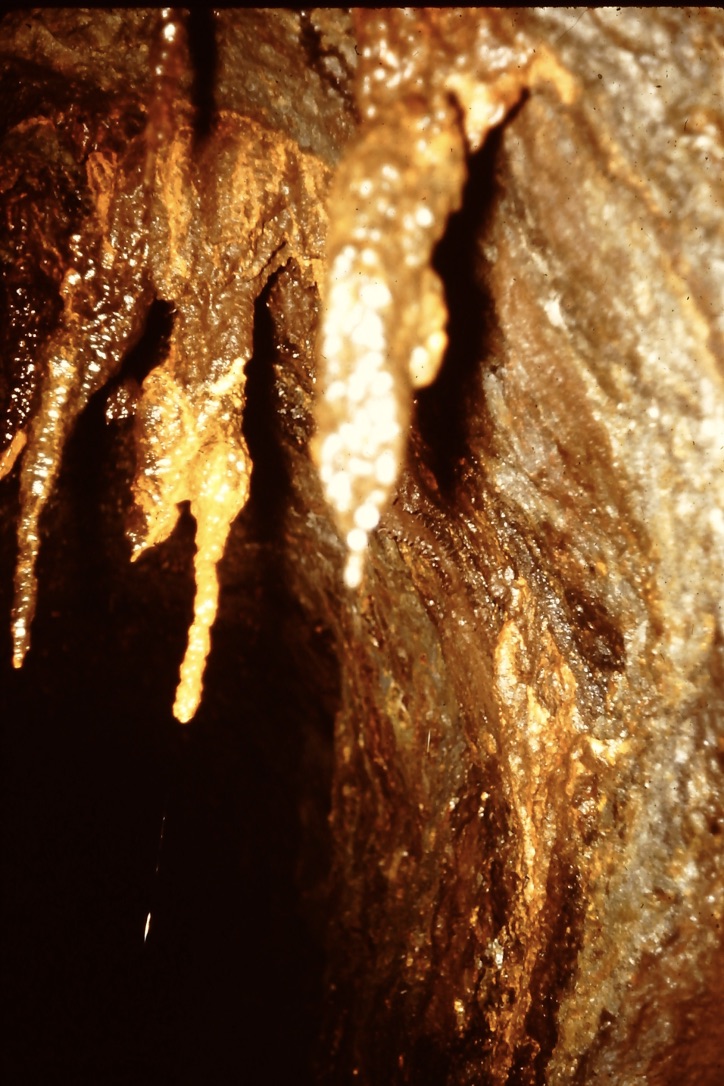
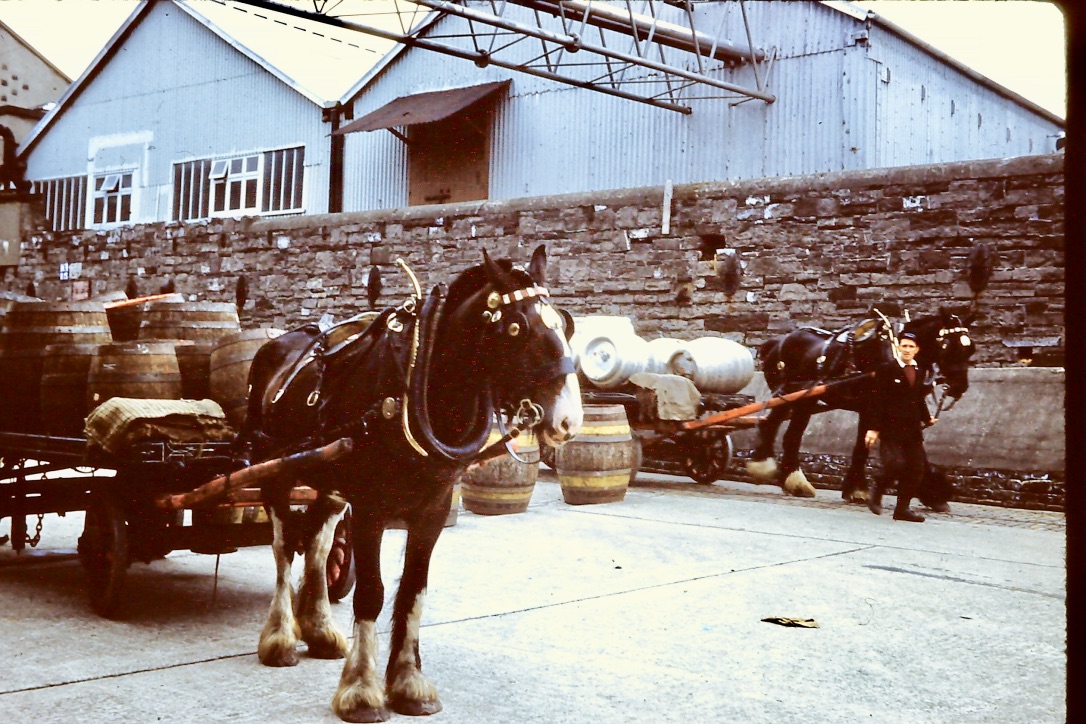
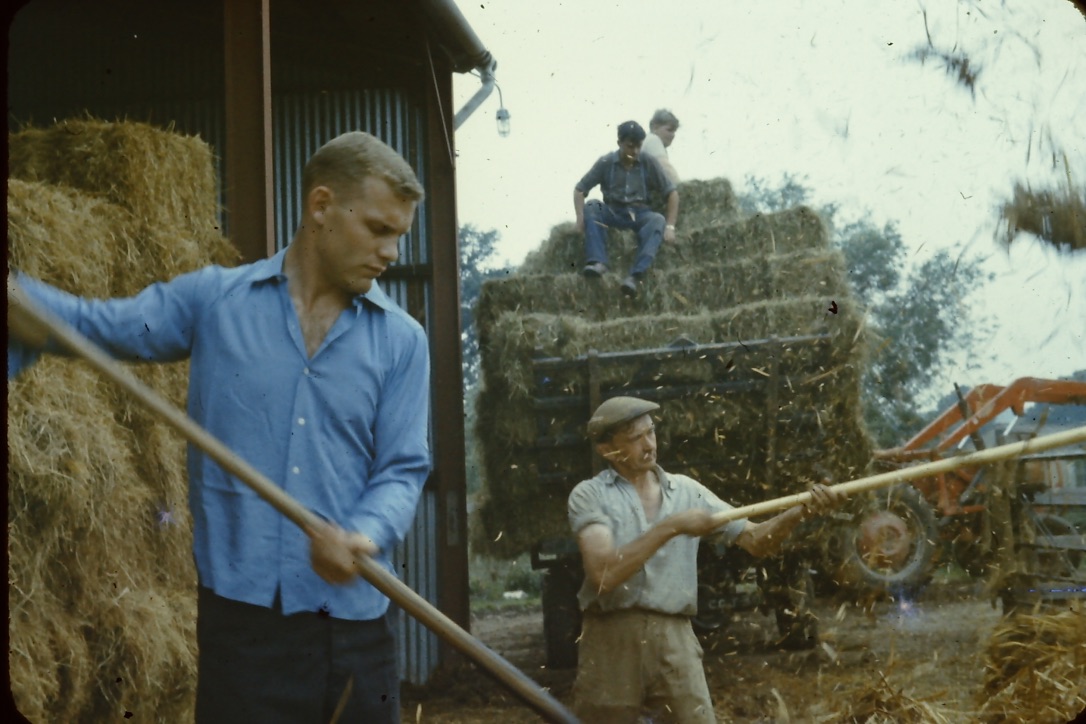
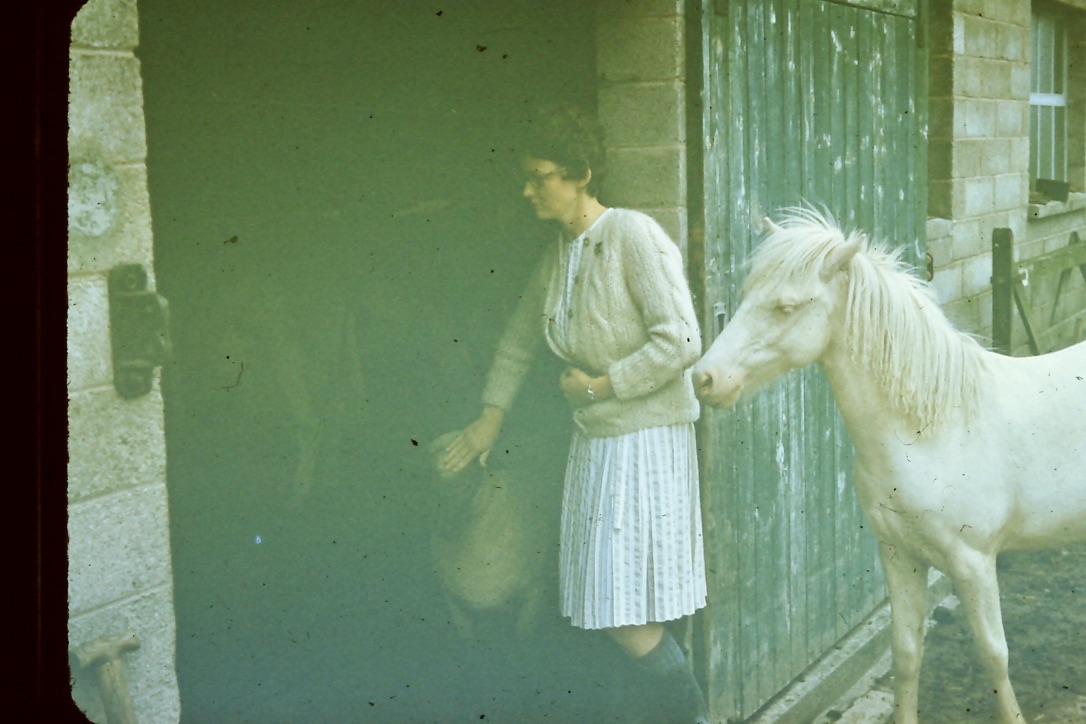
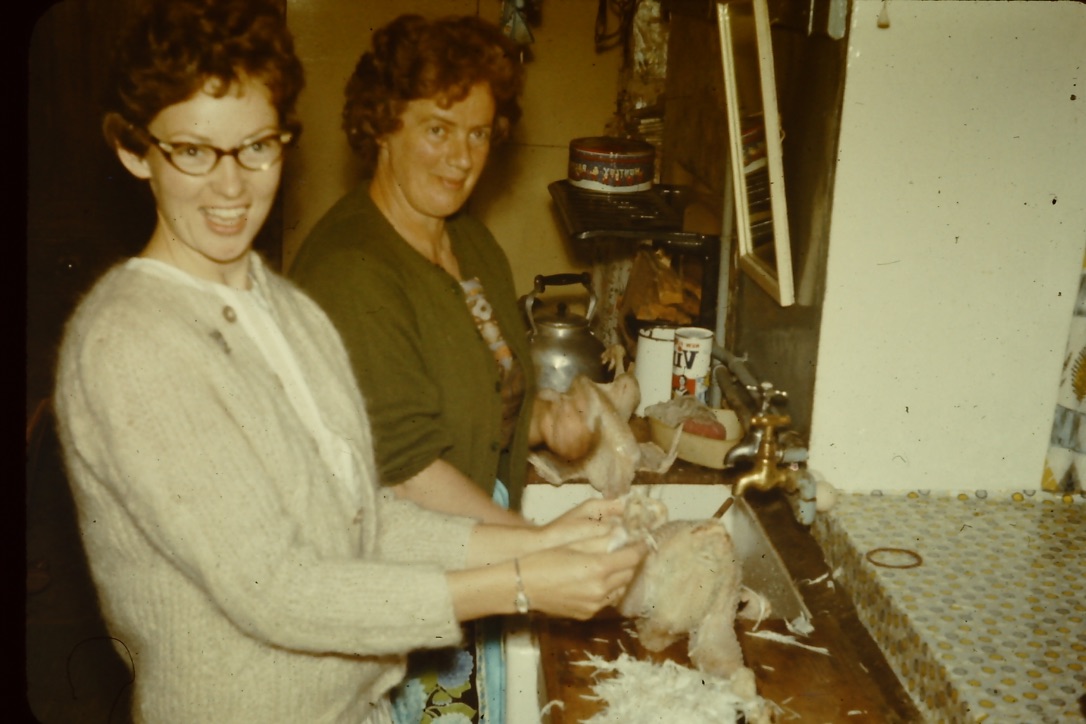
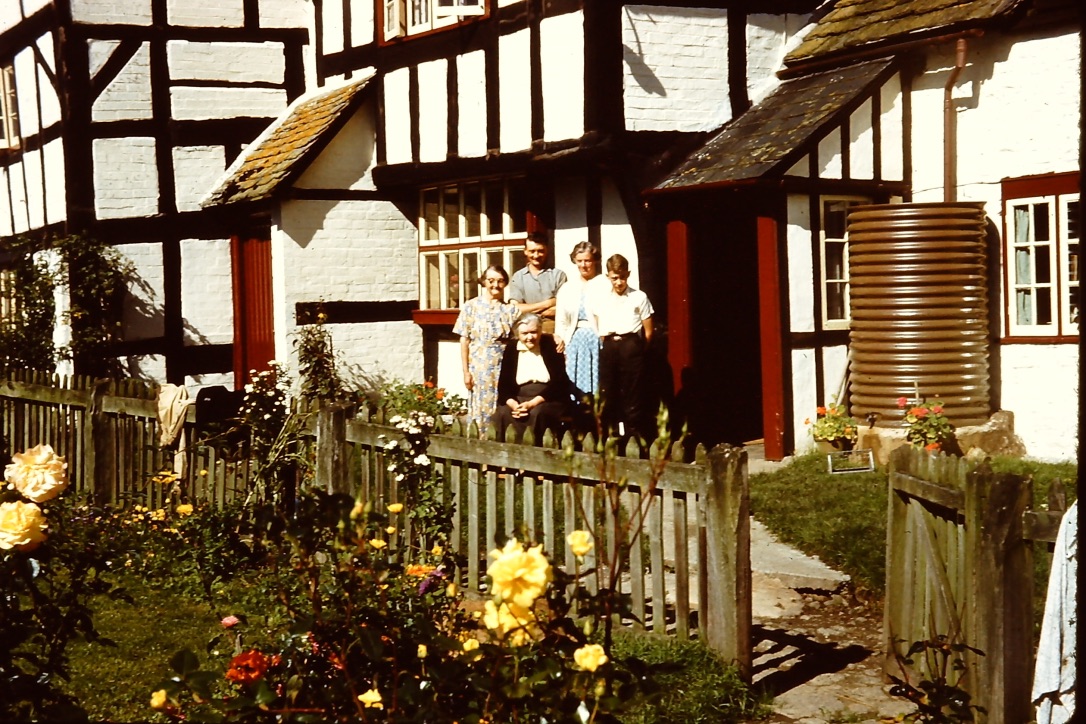
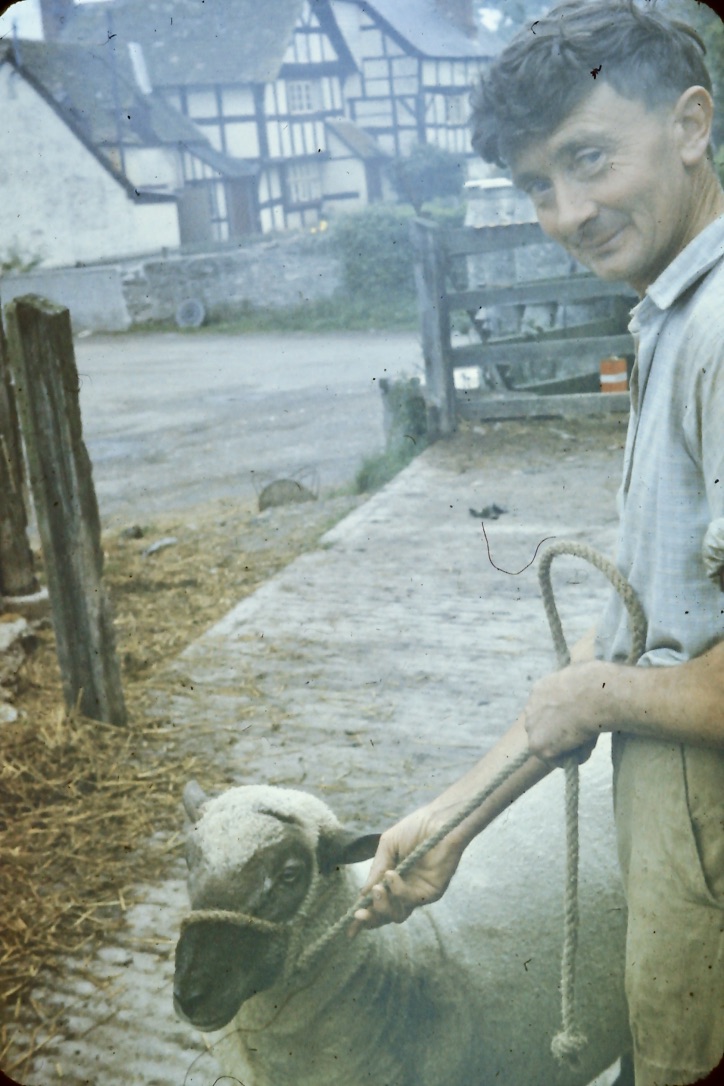
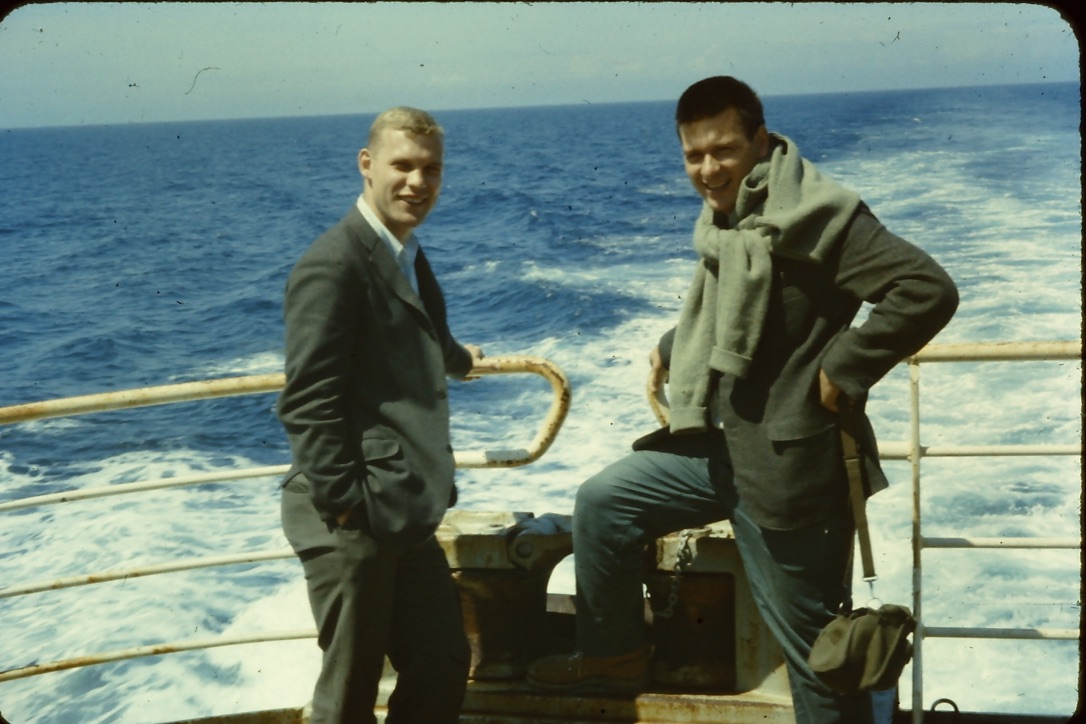
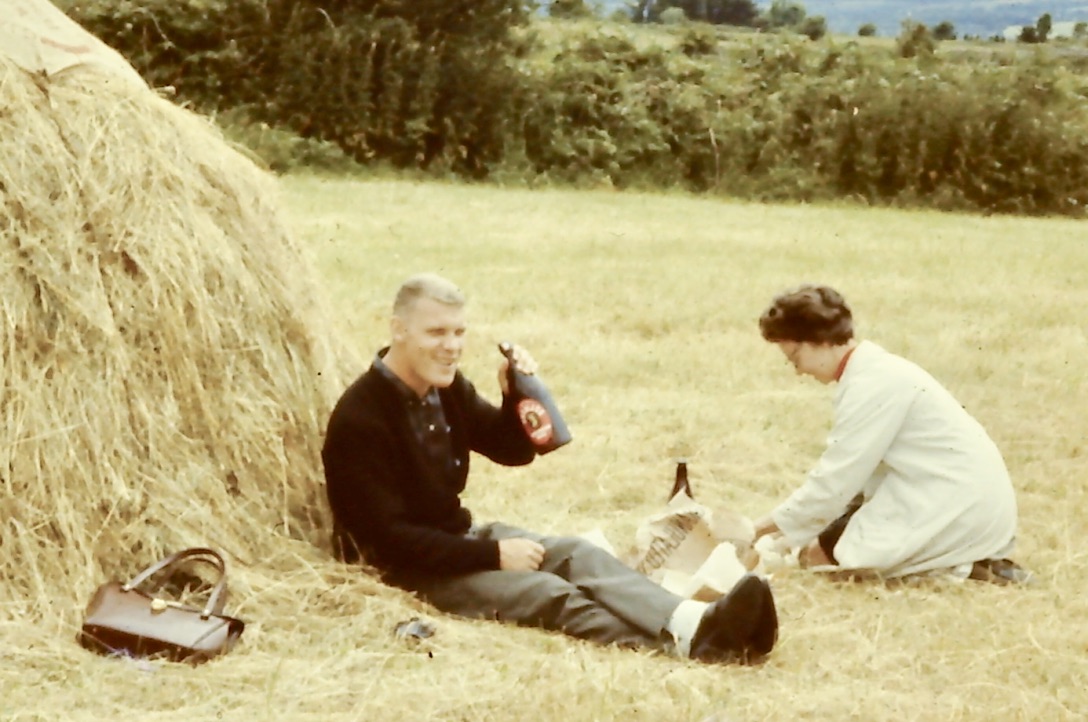
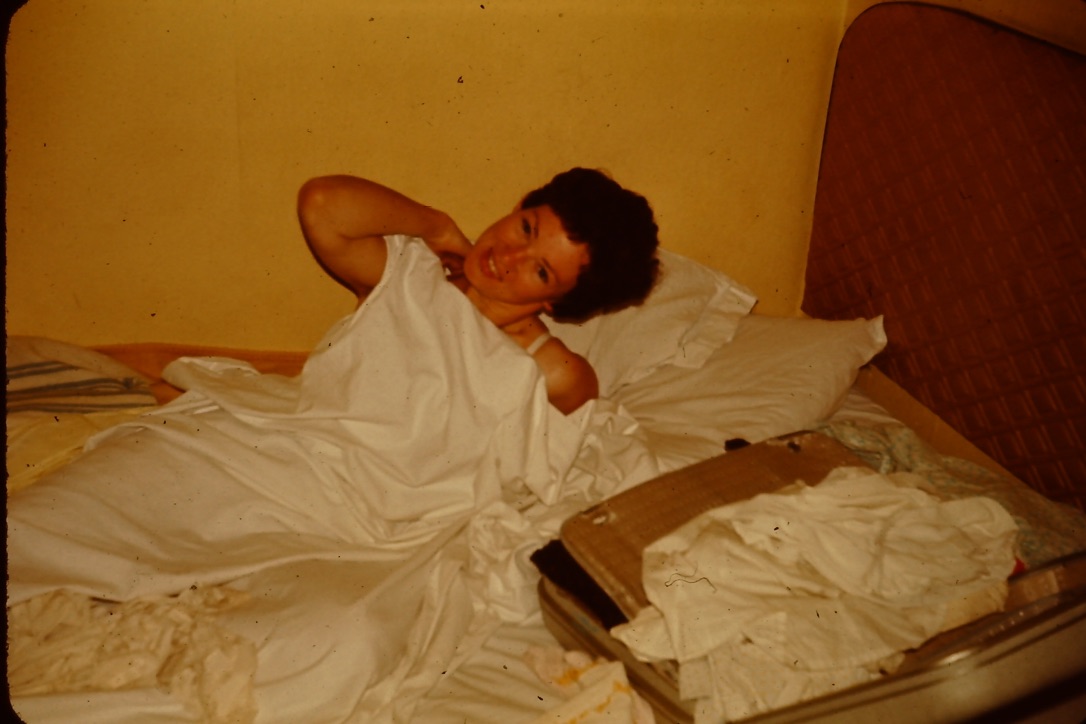
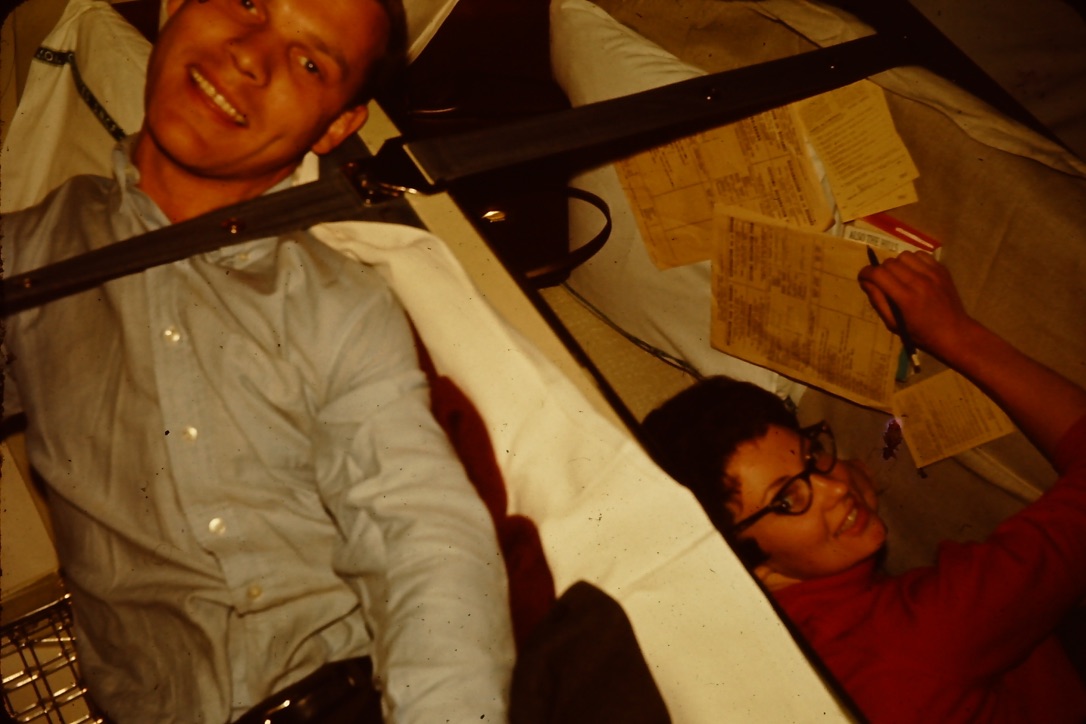
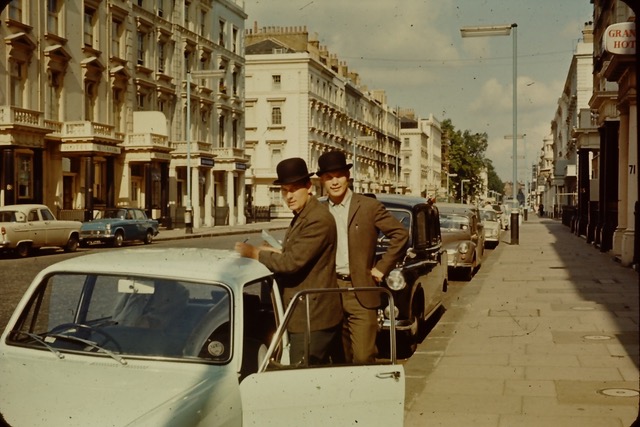
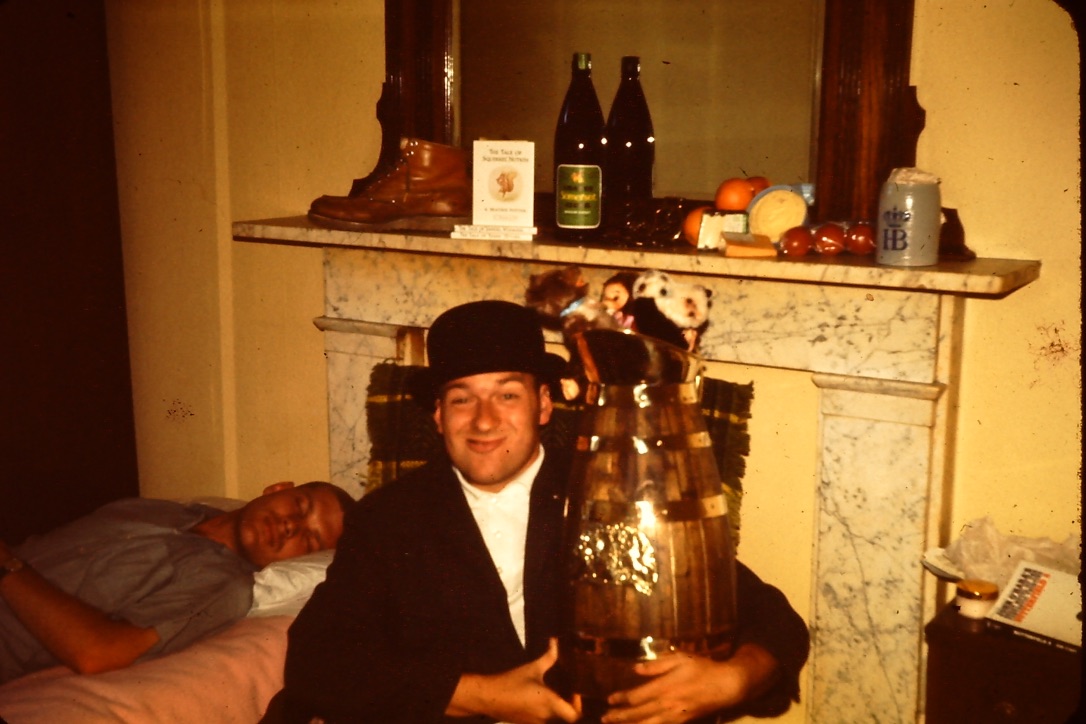
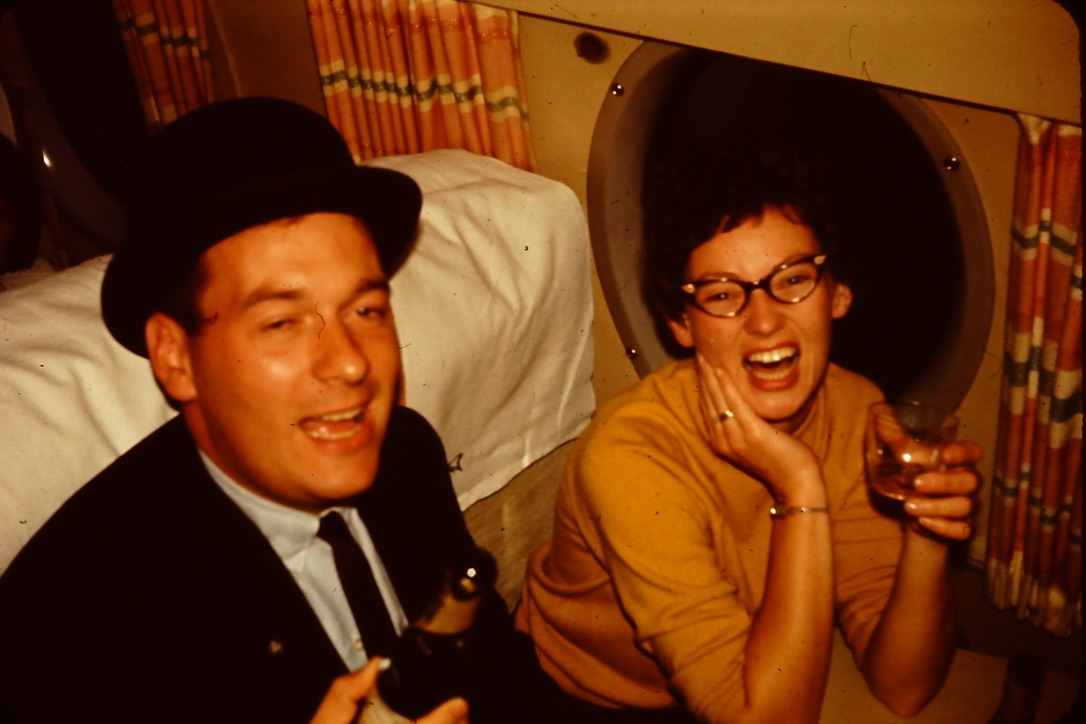
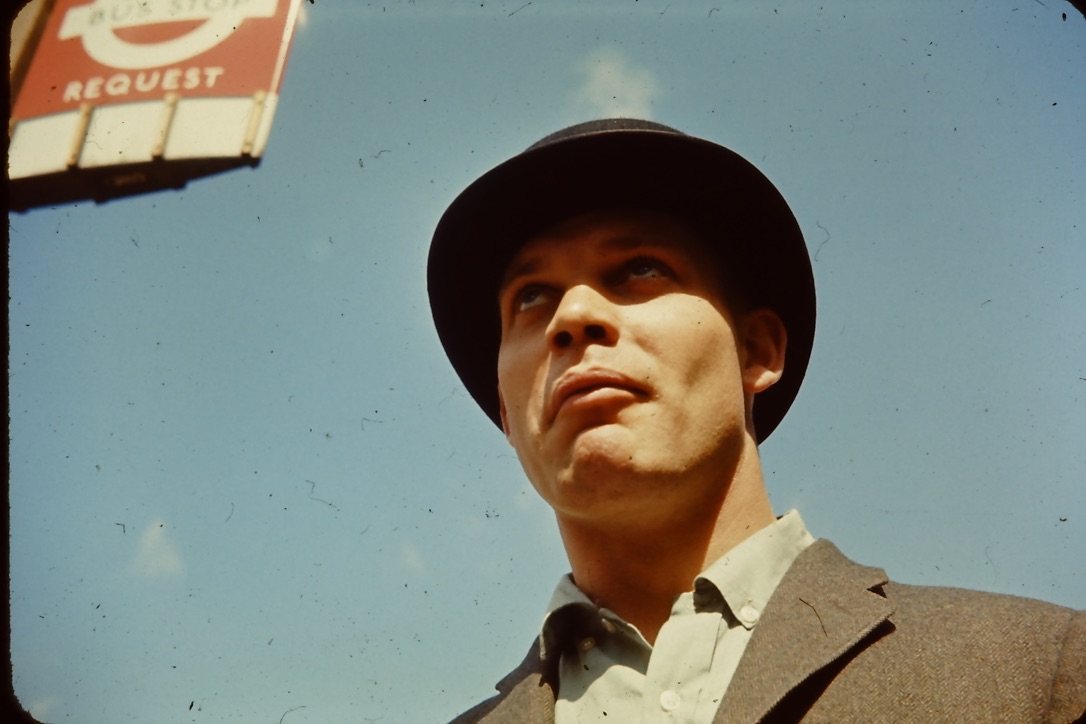
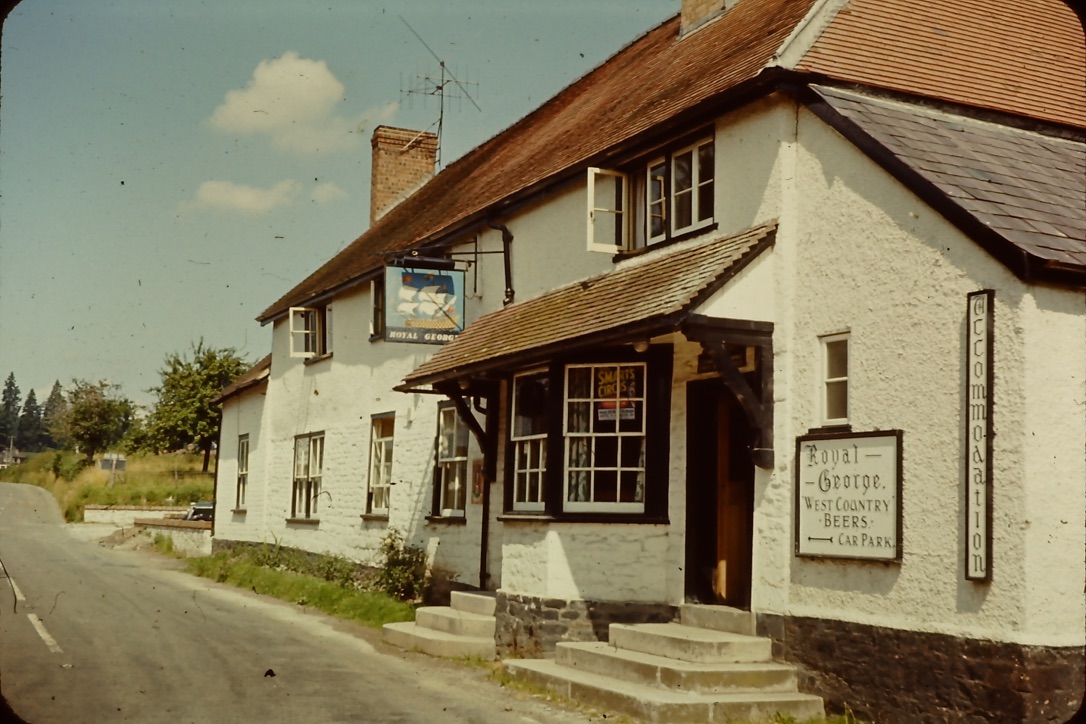
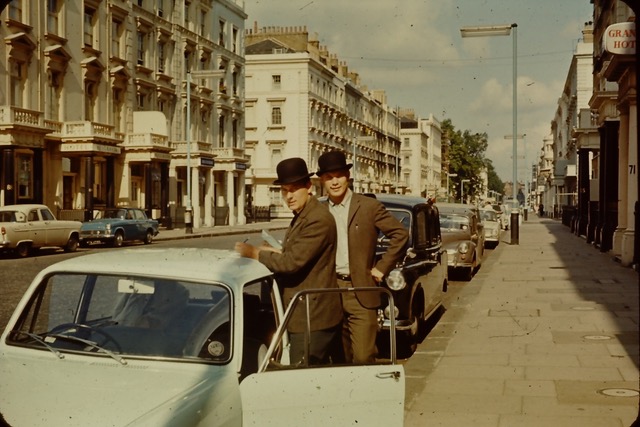
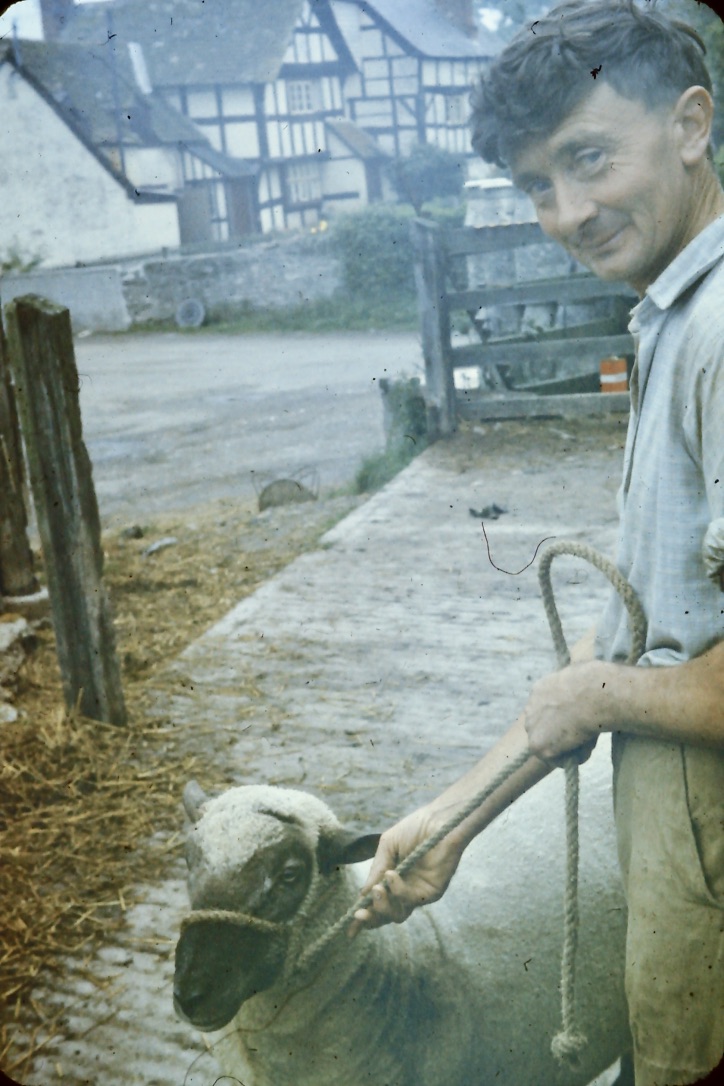
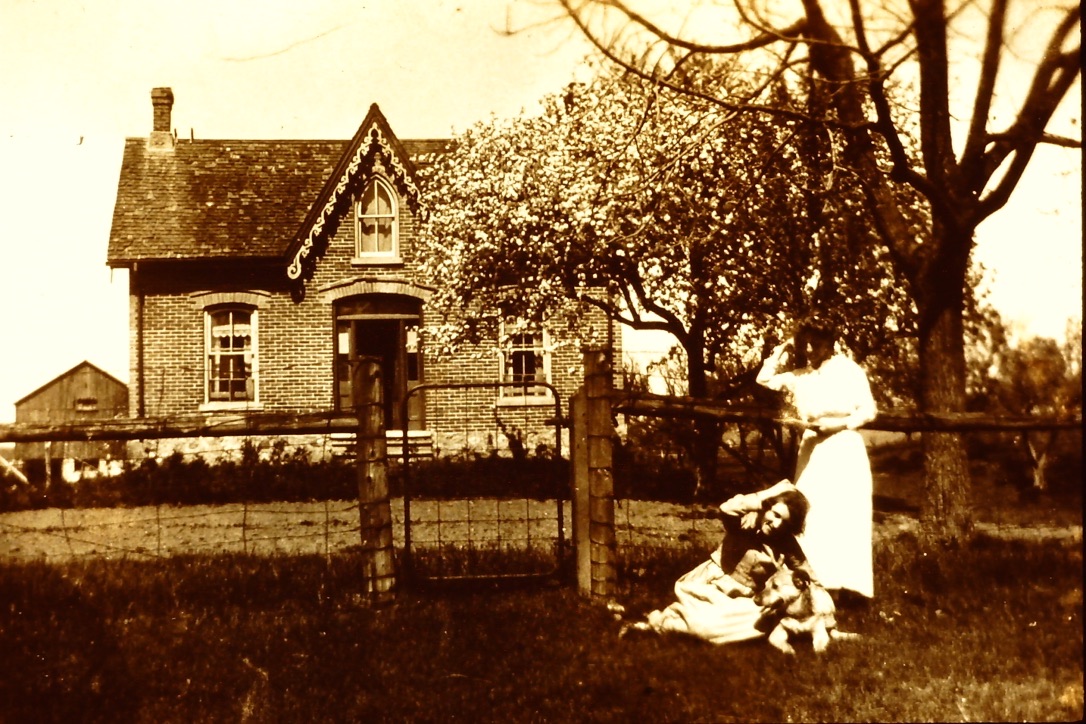
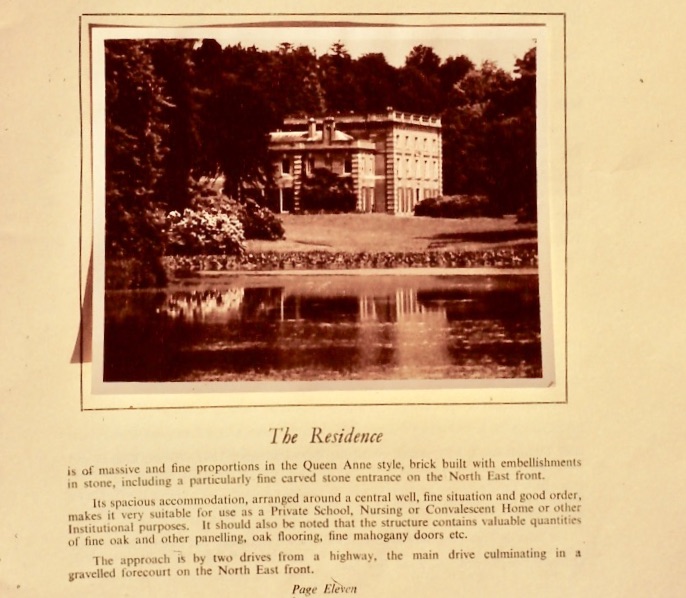
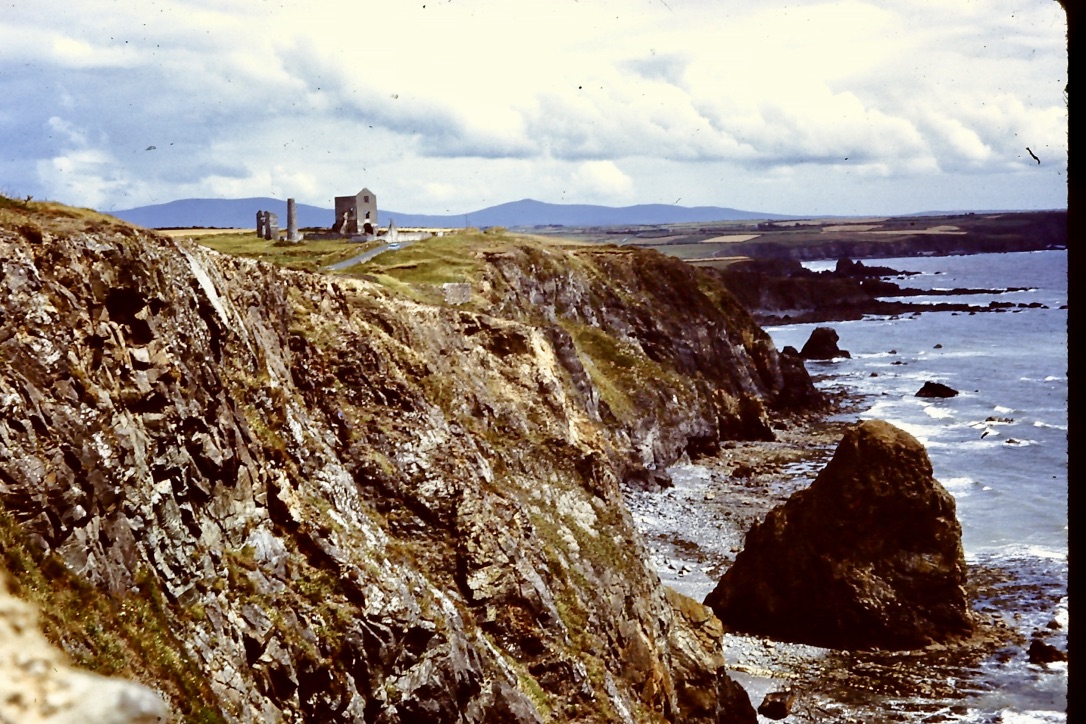
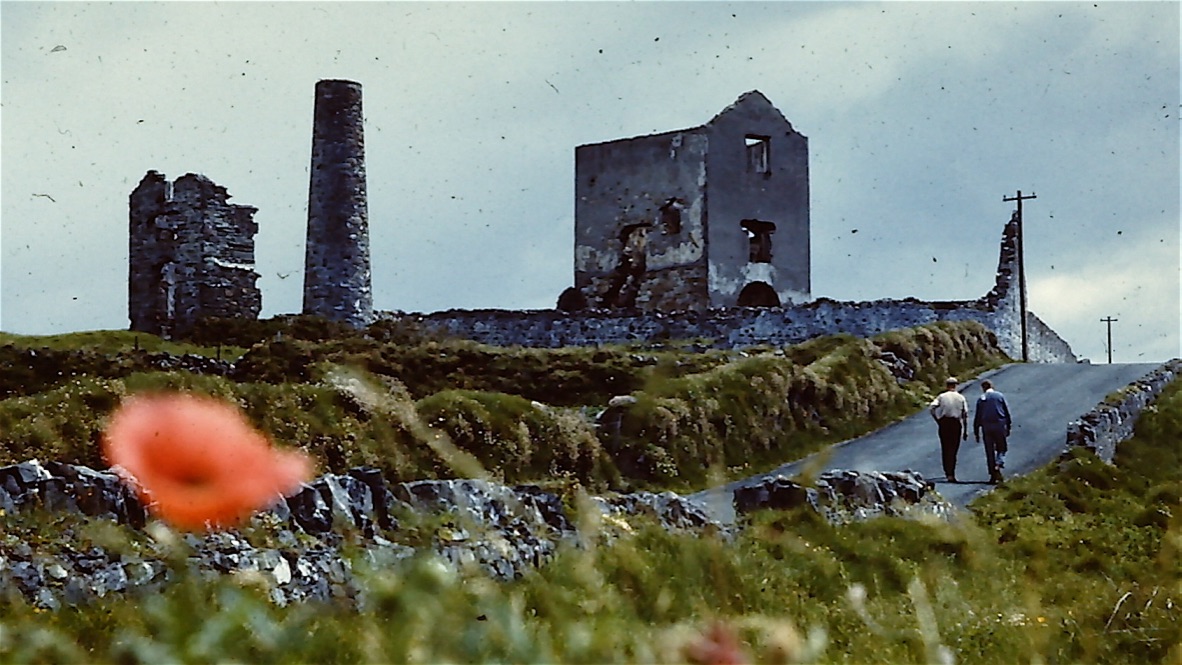
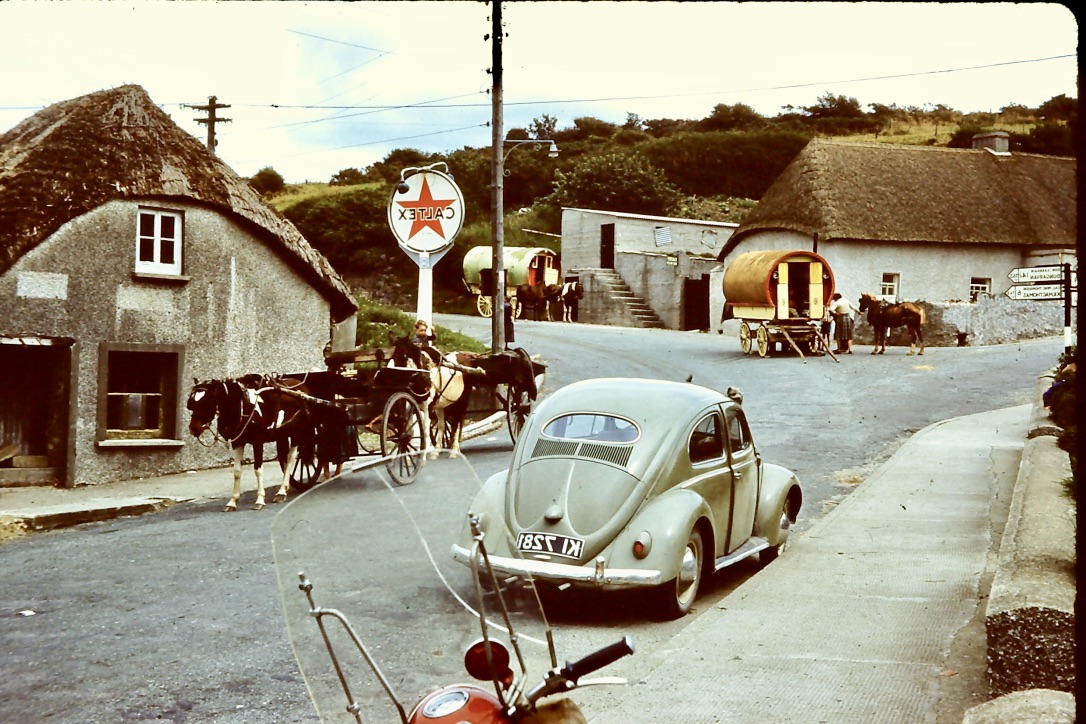
 [
[